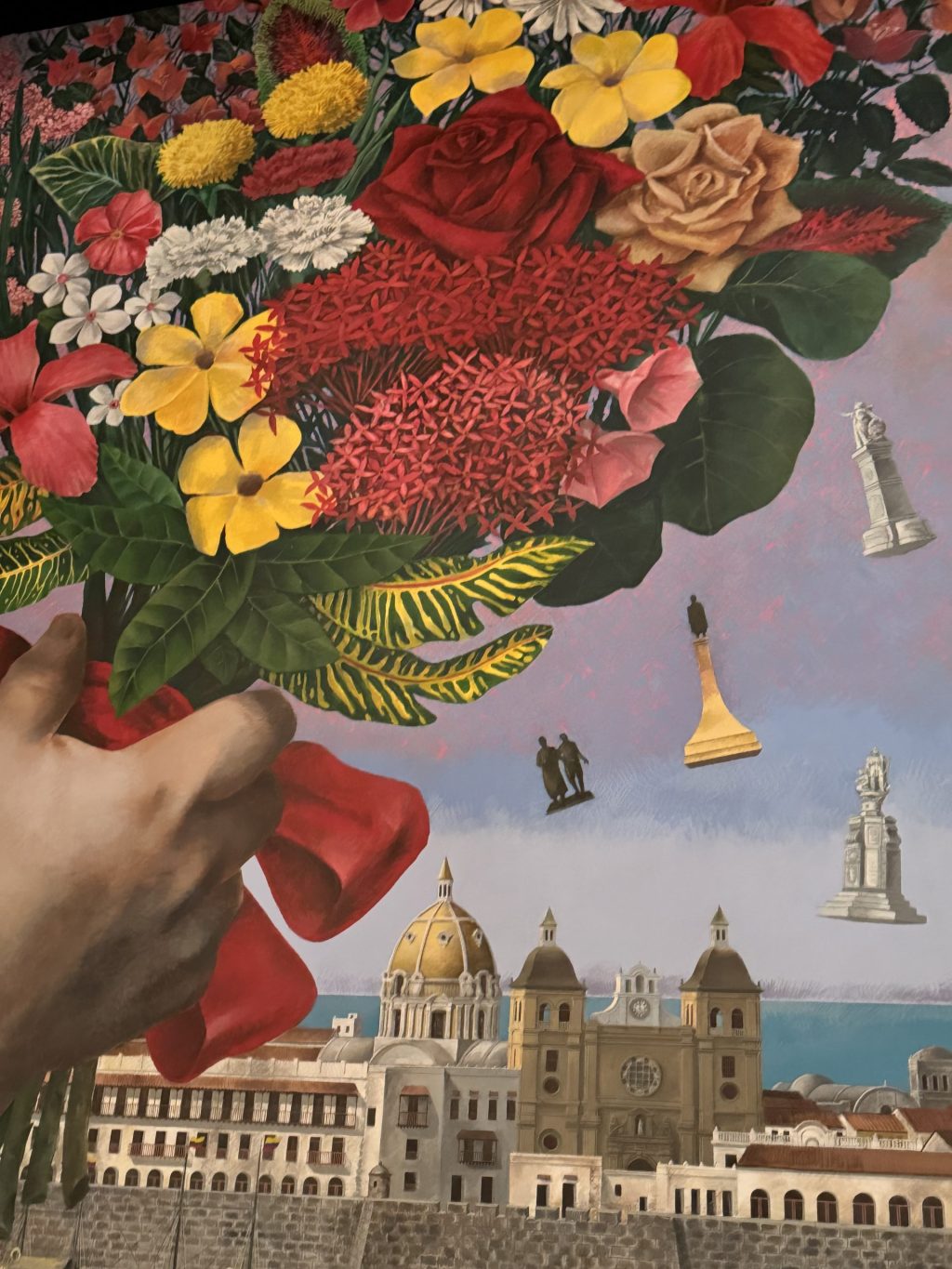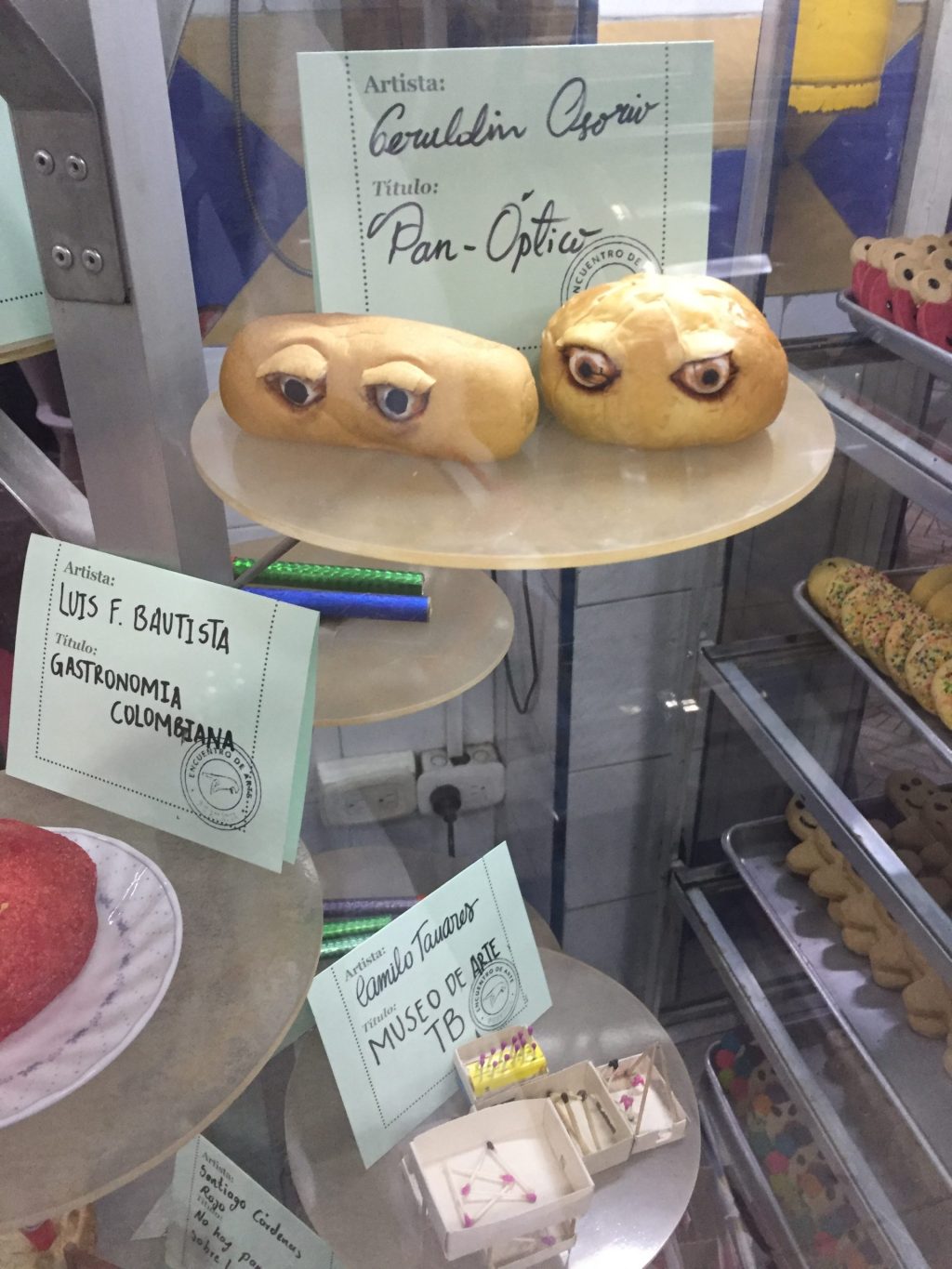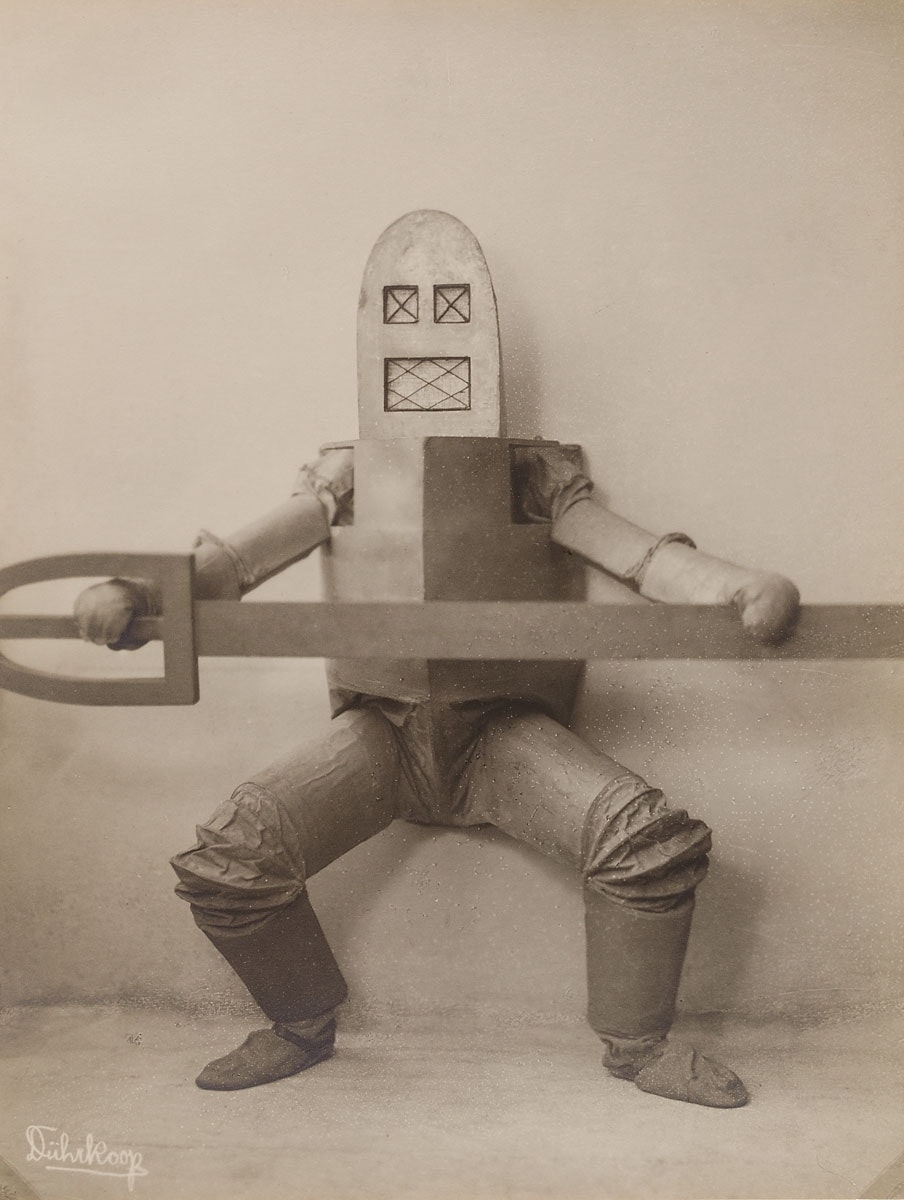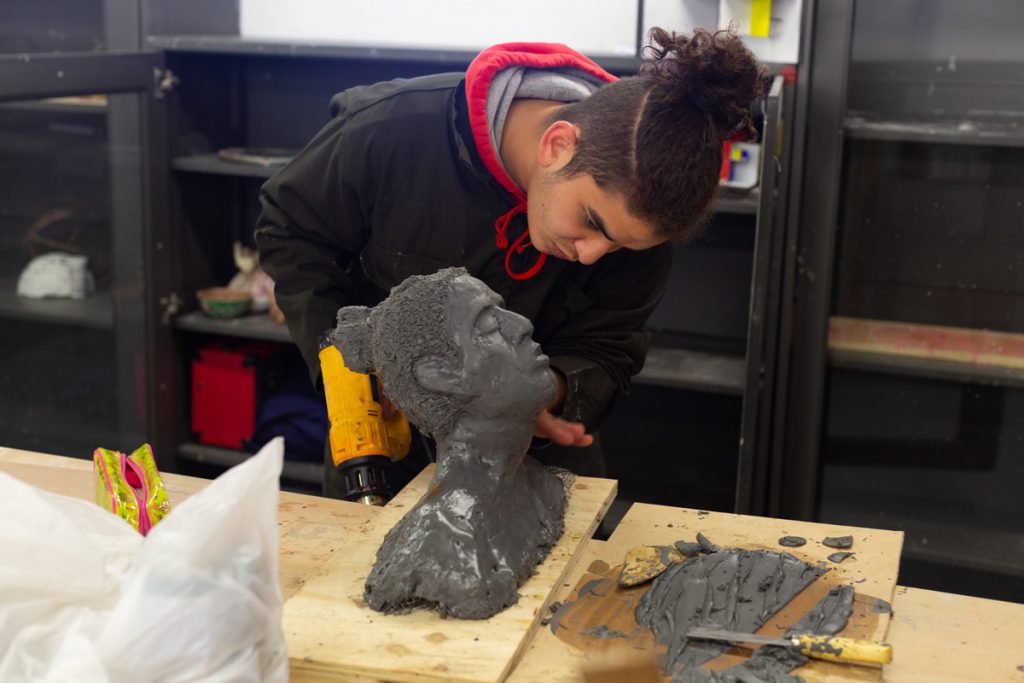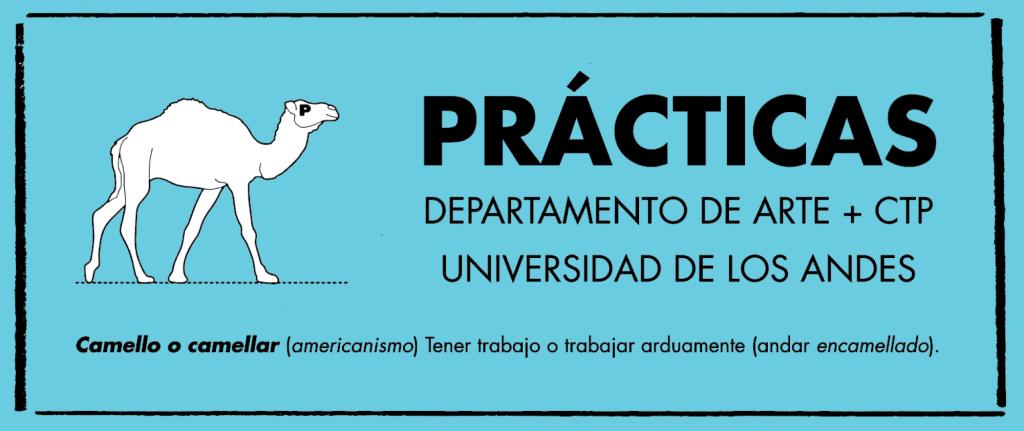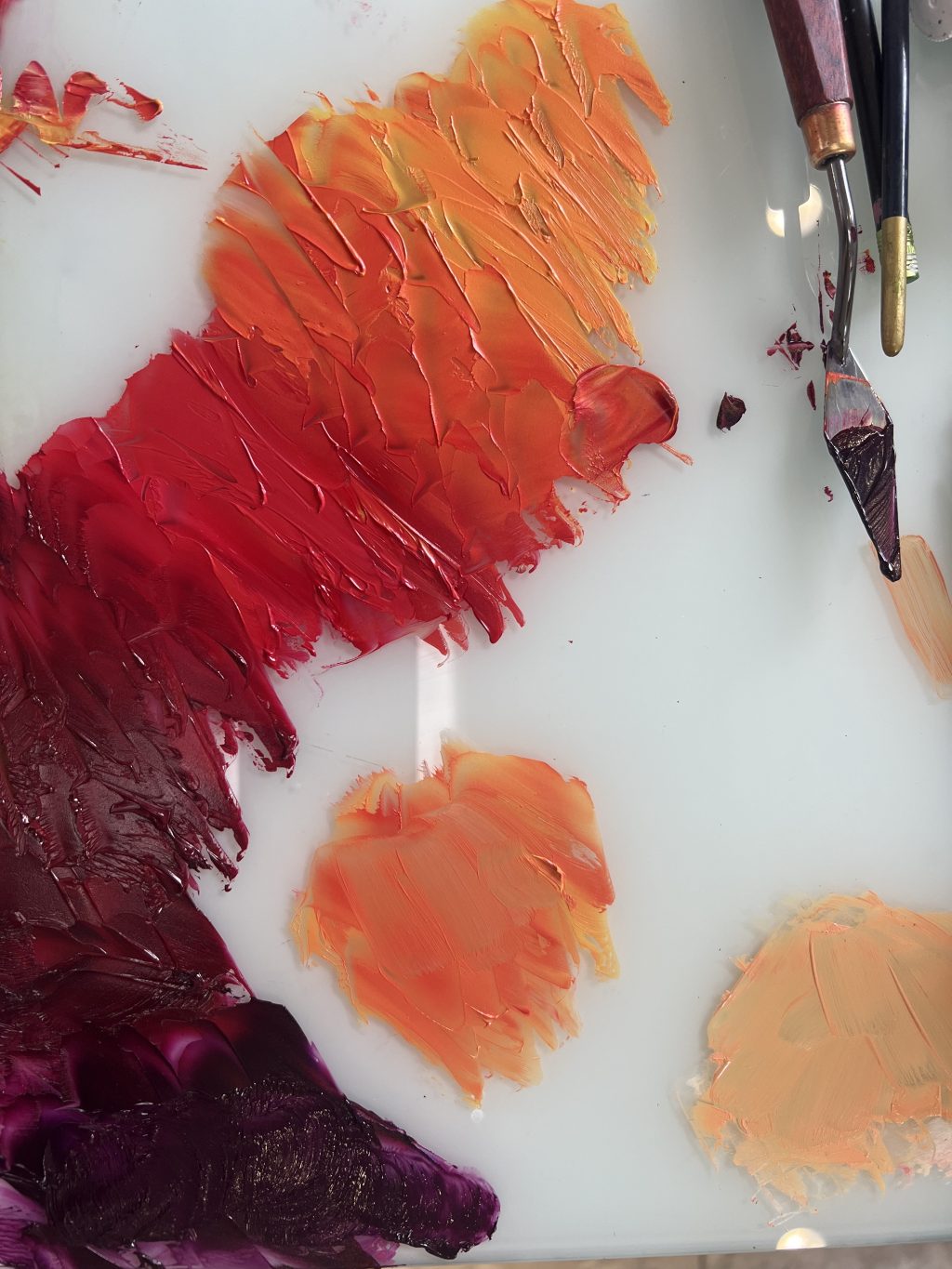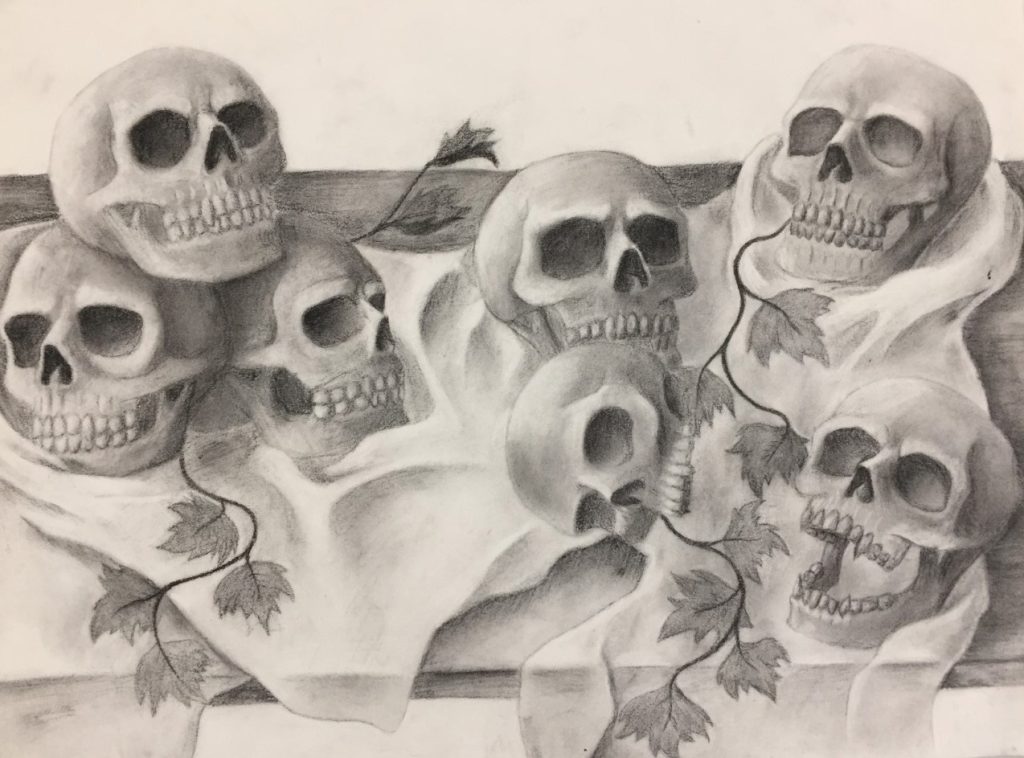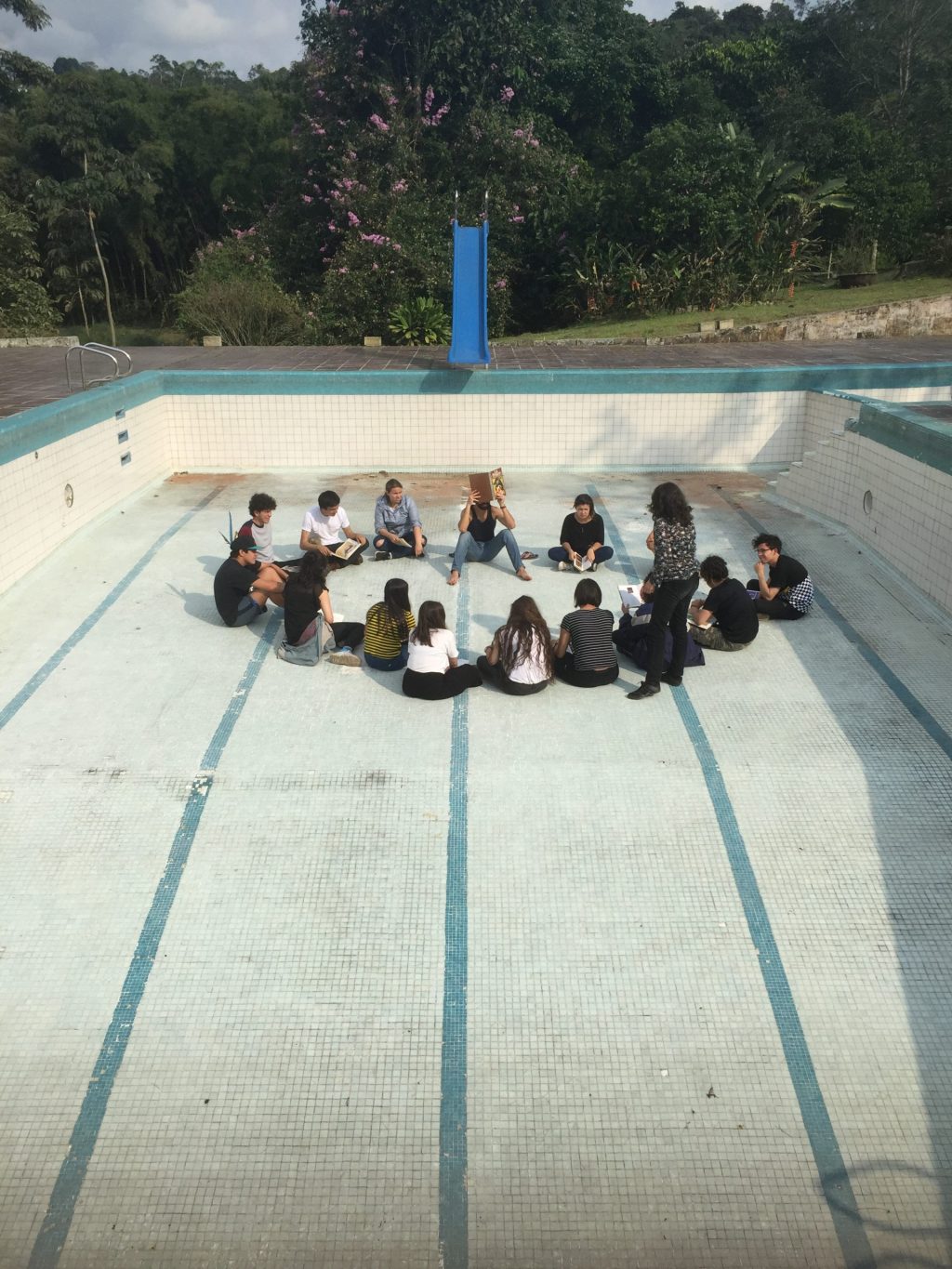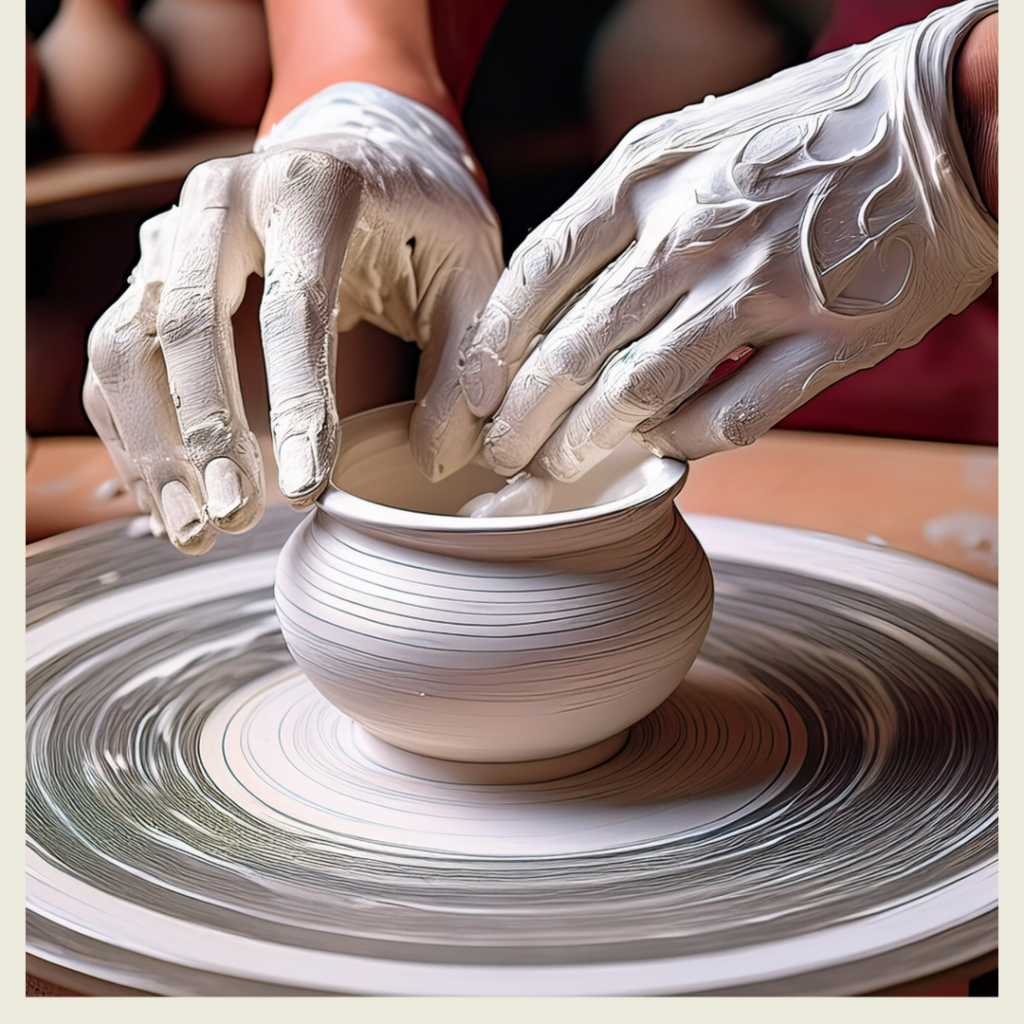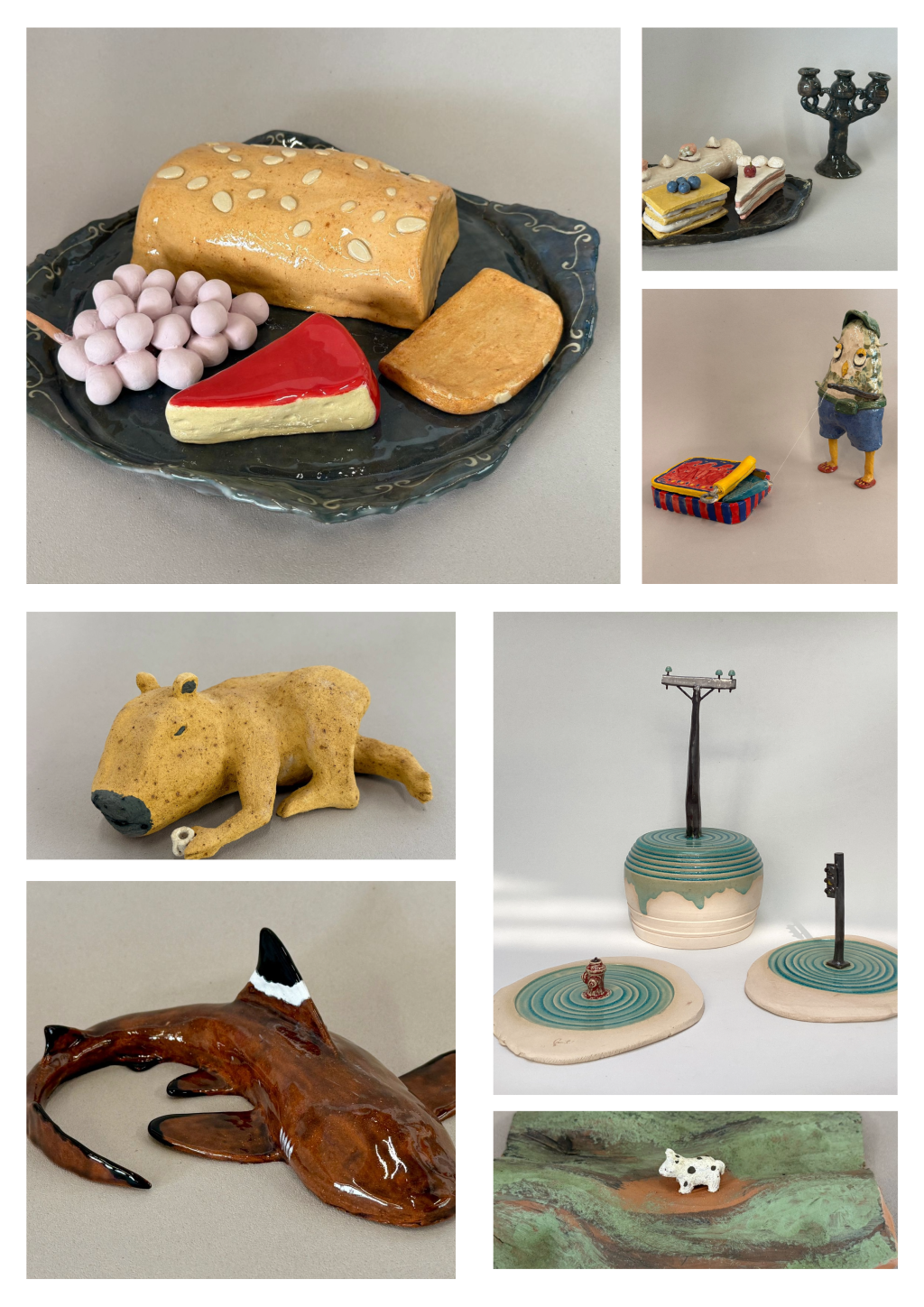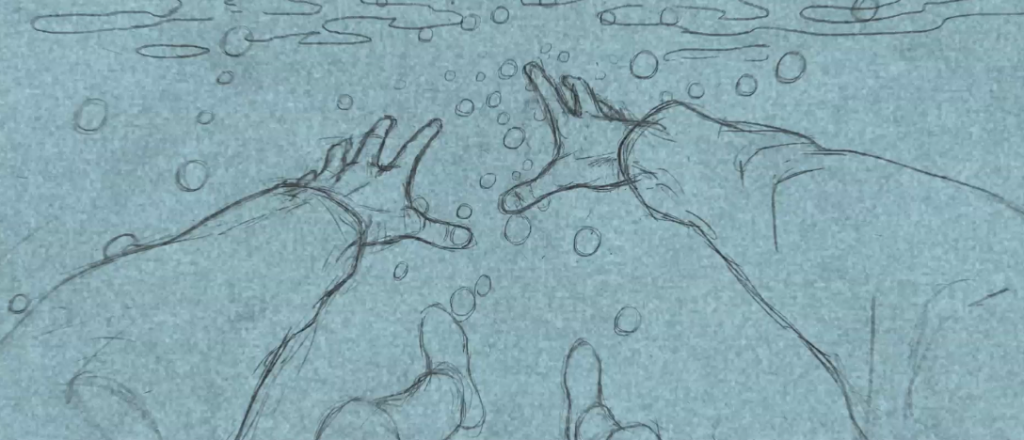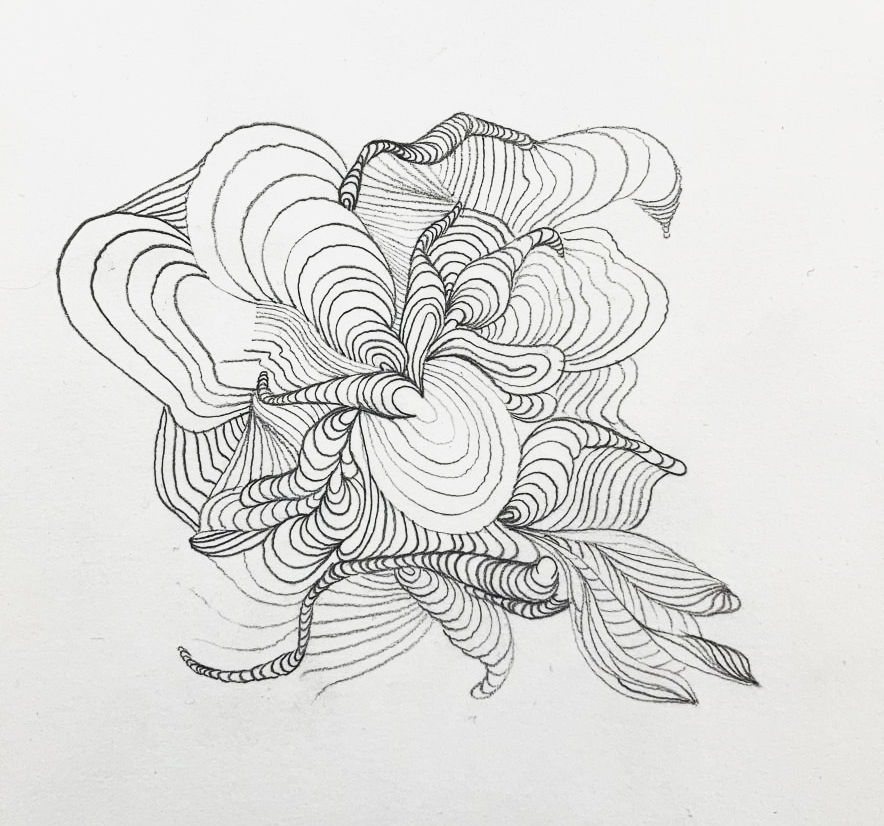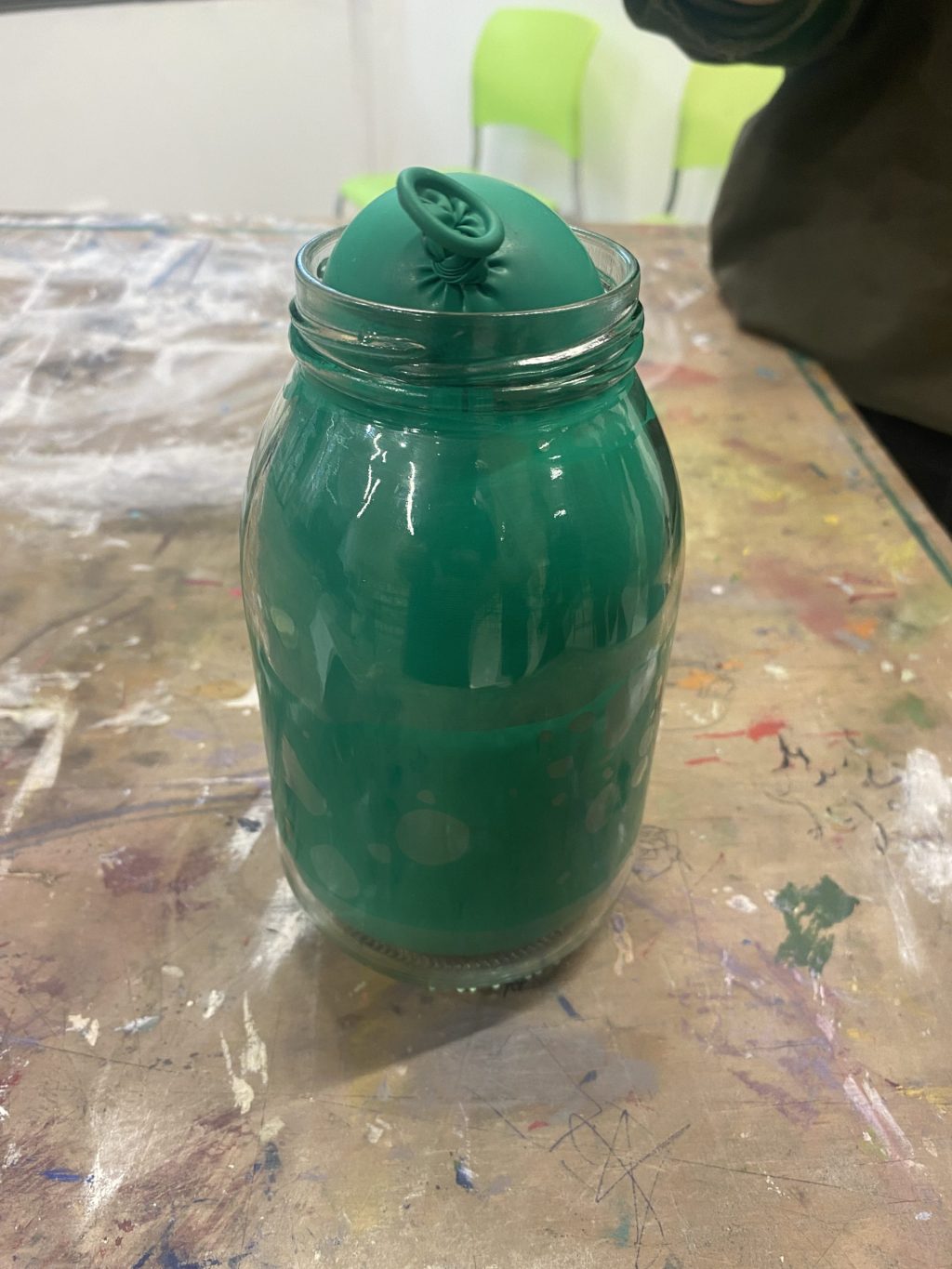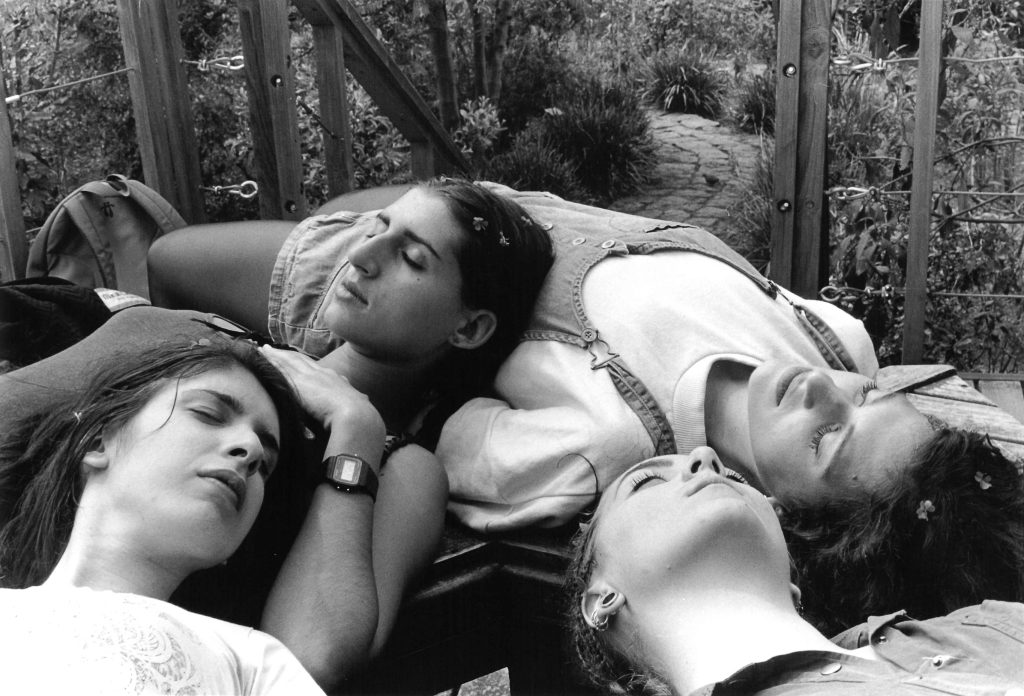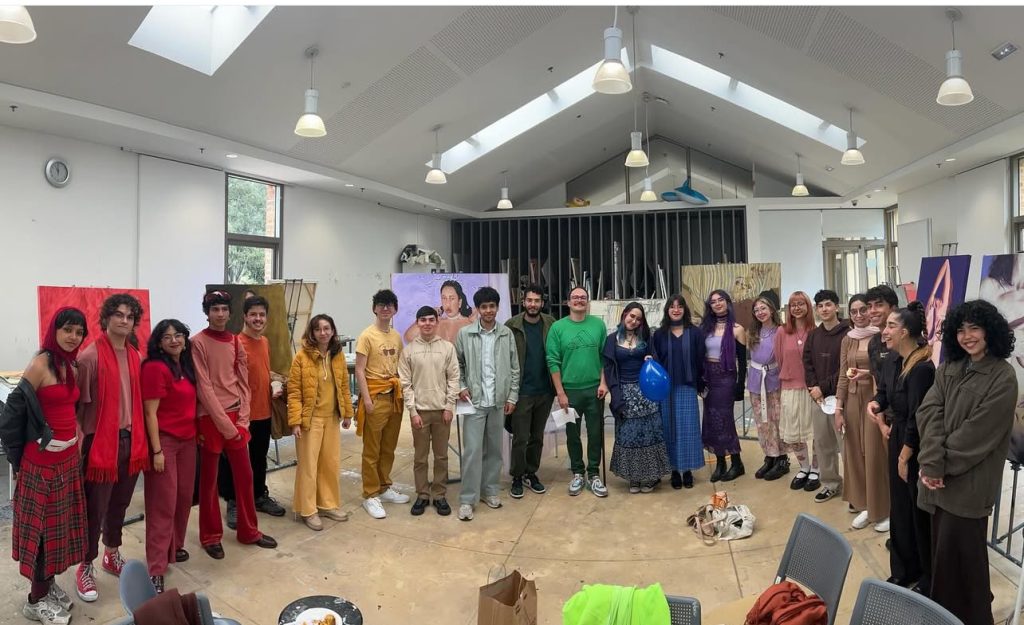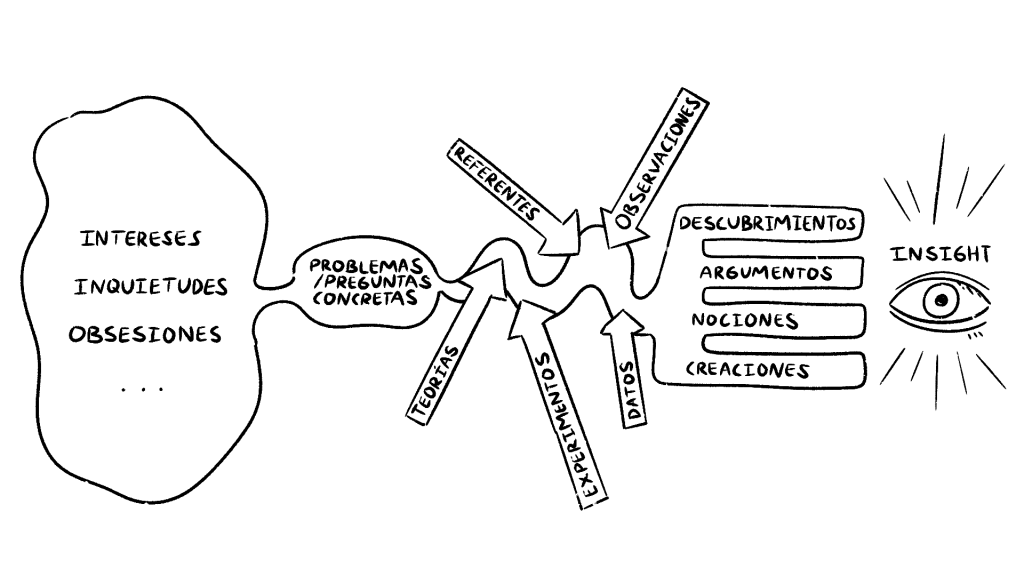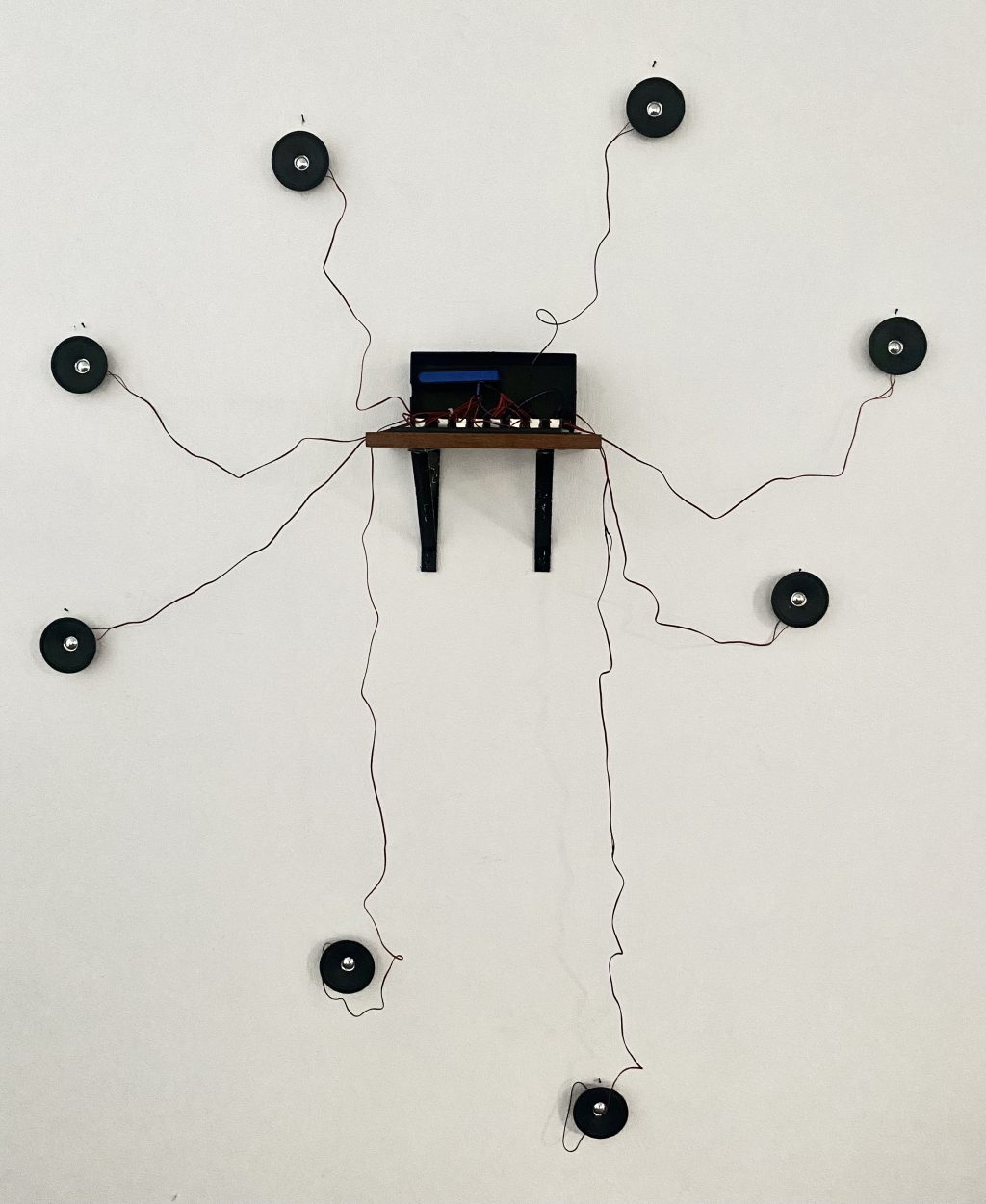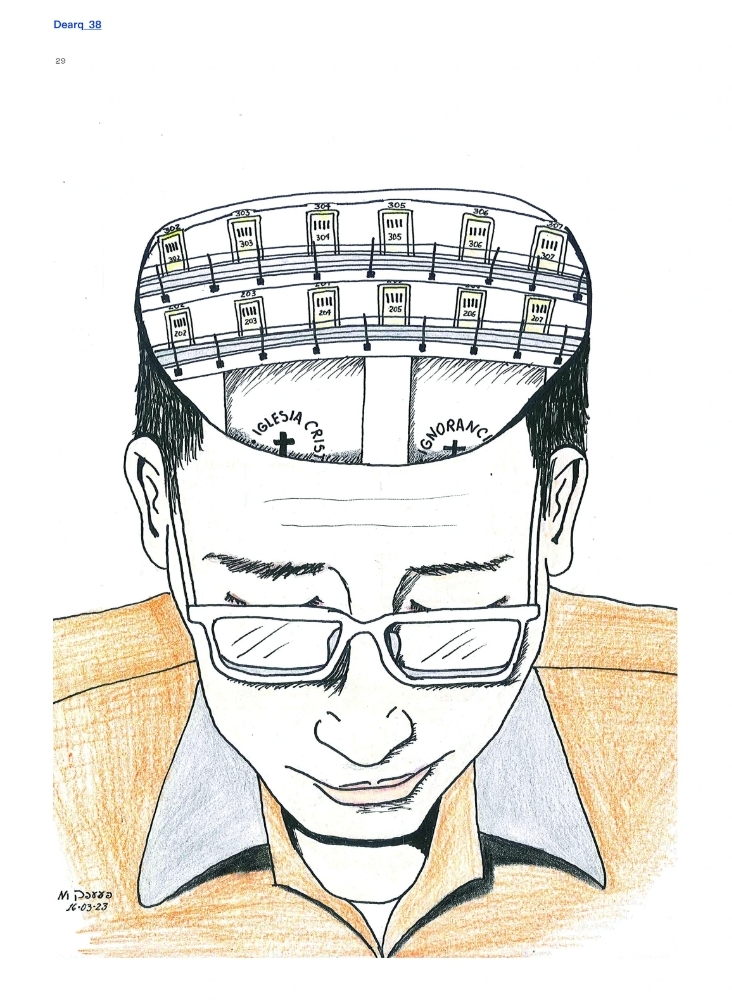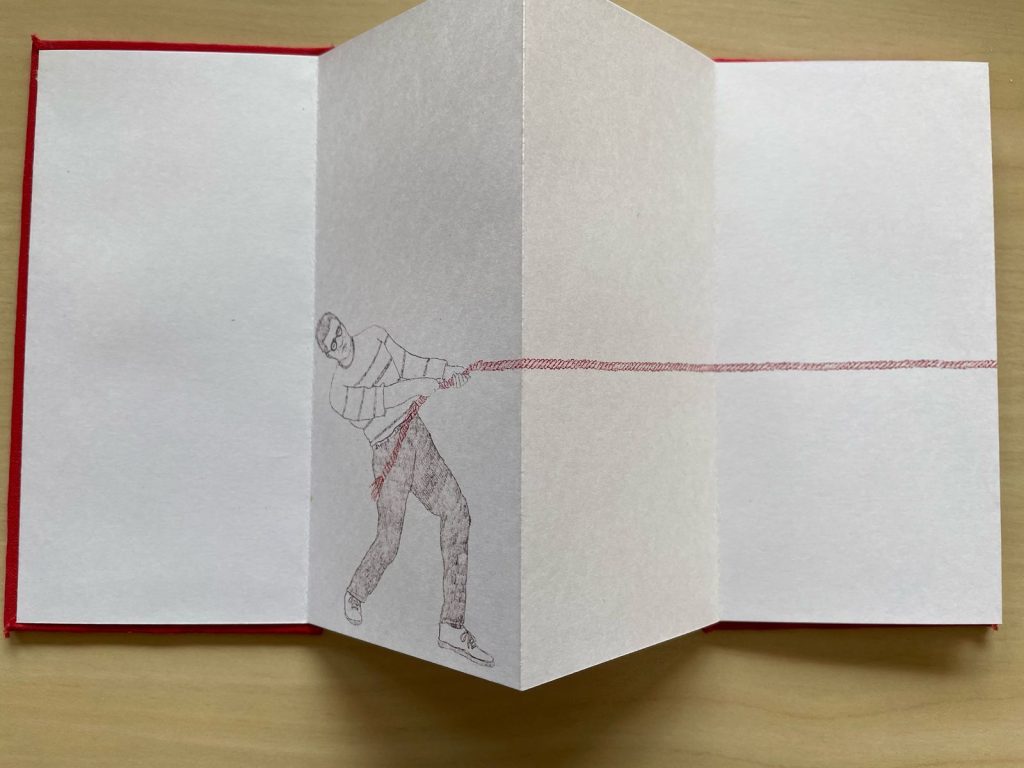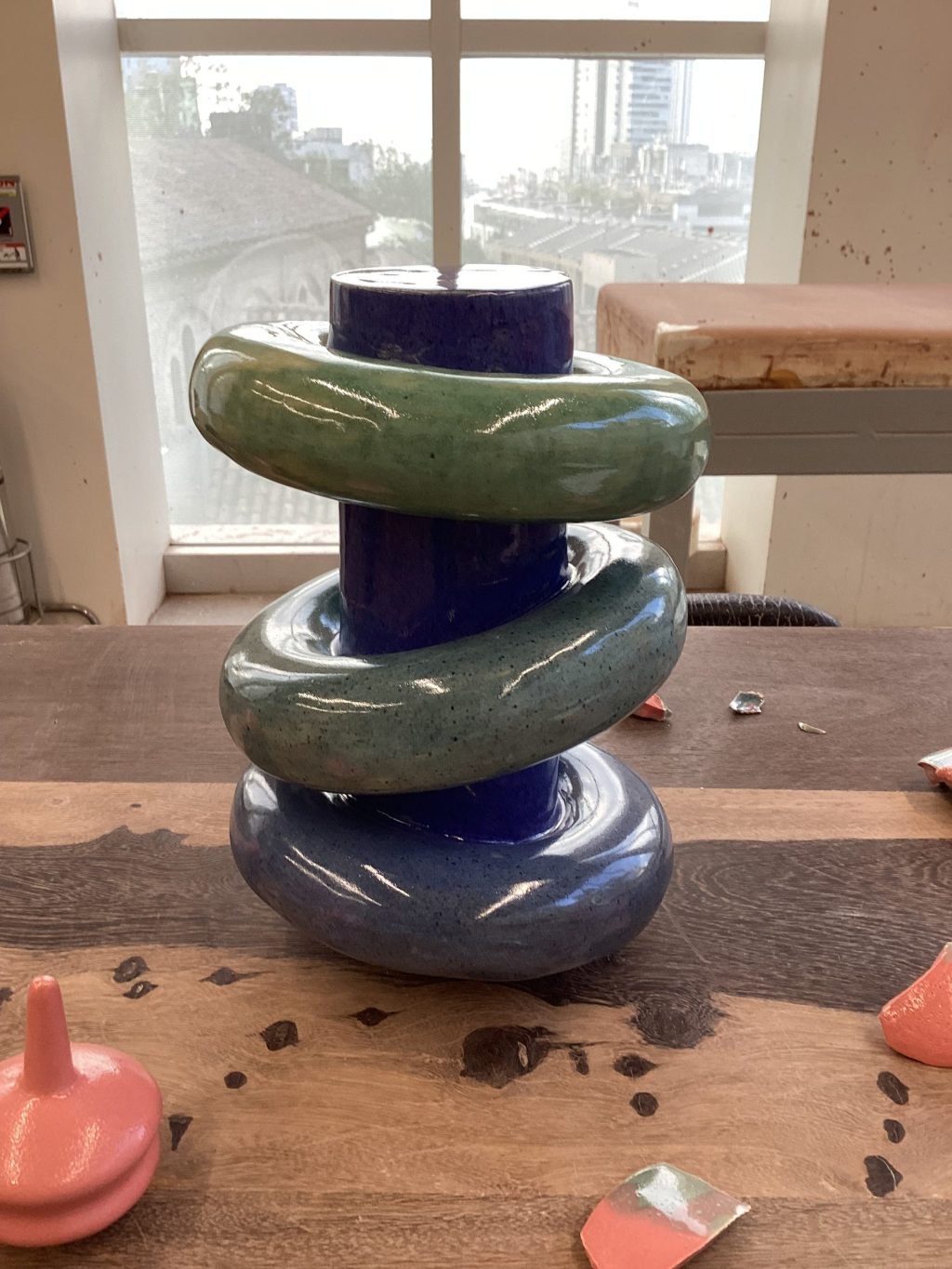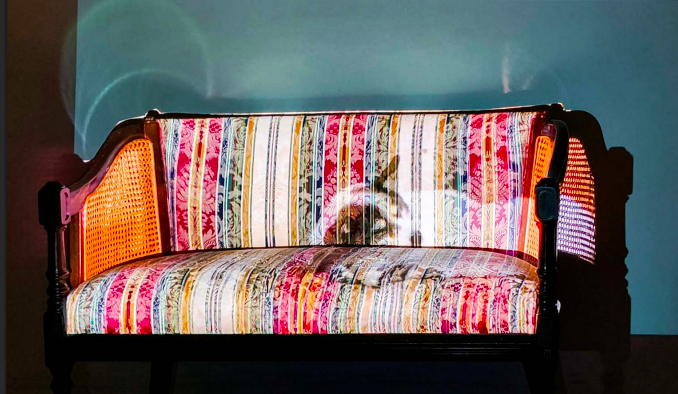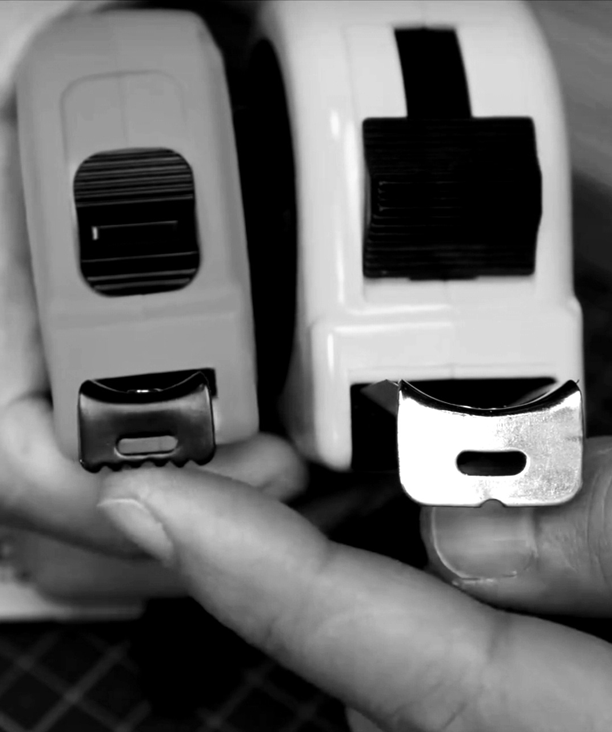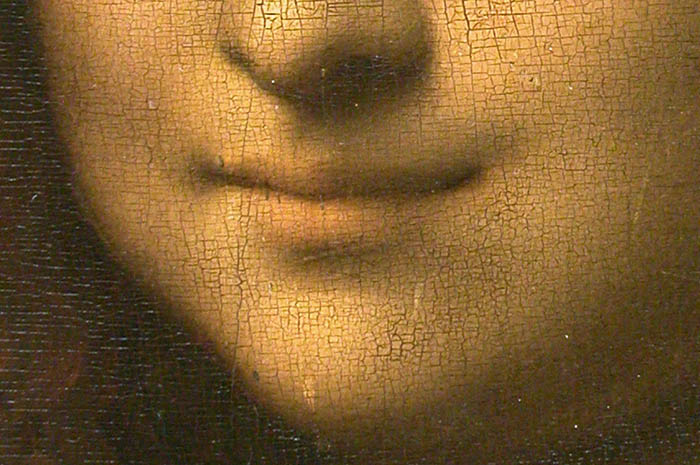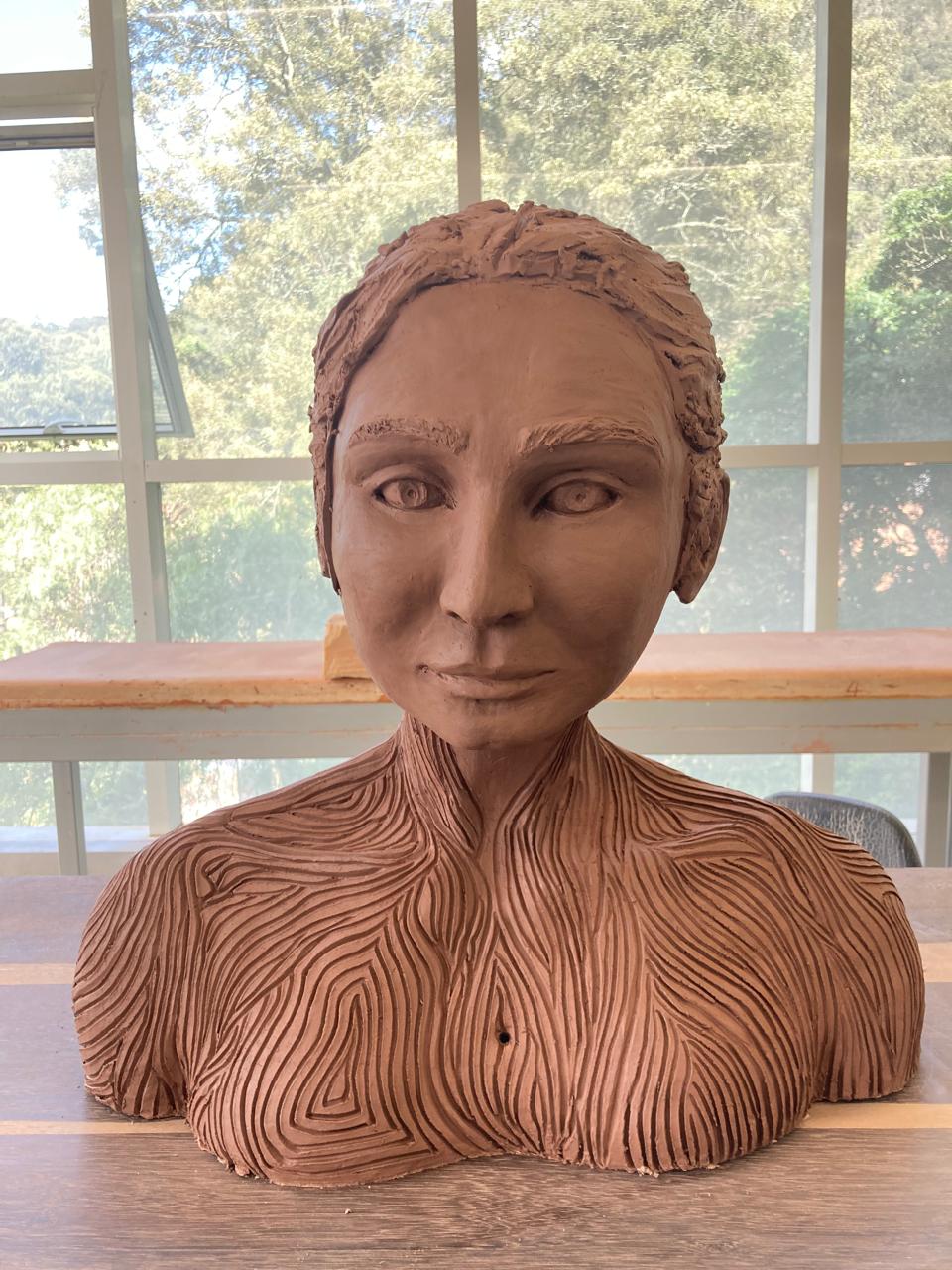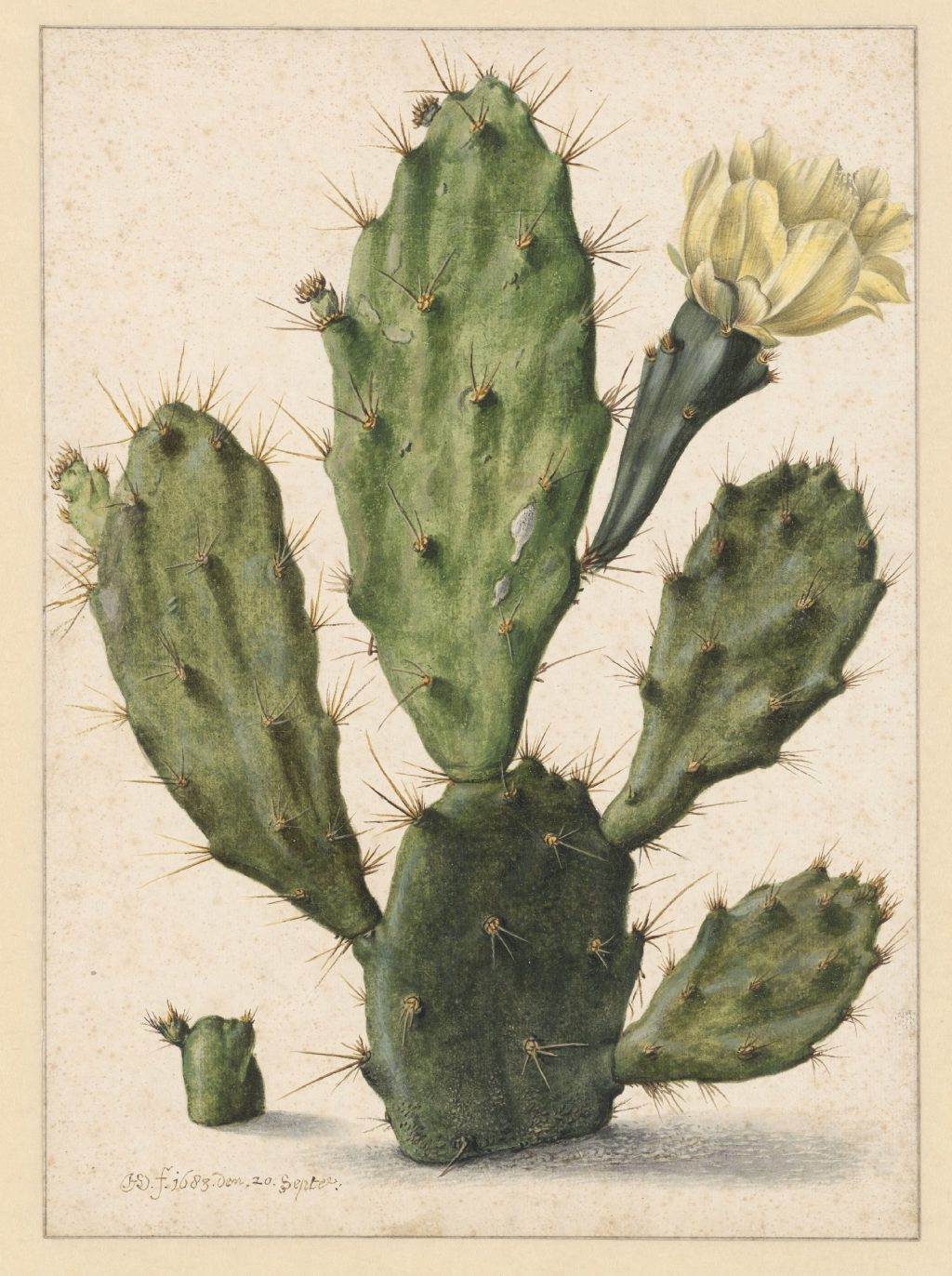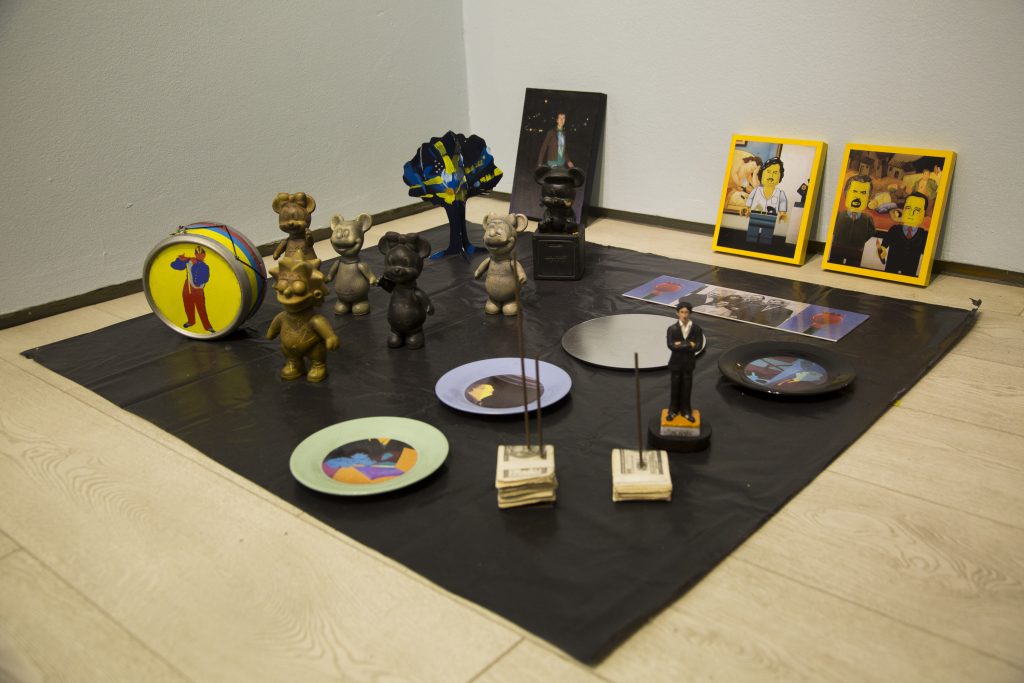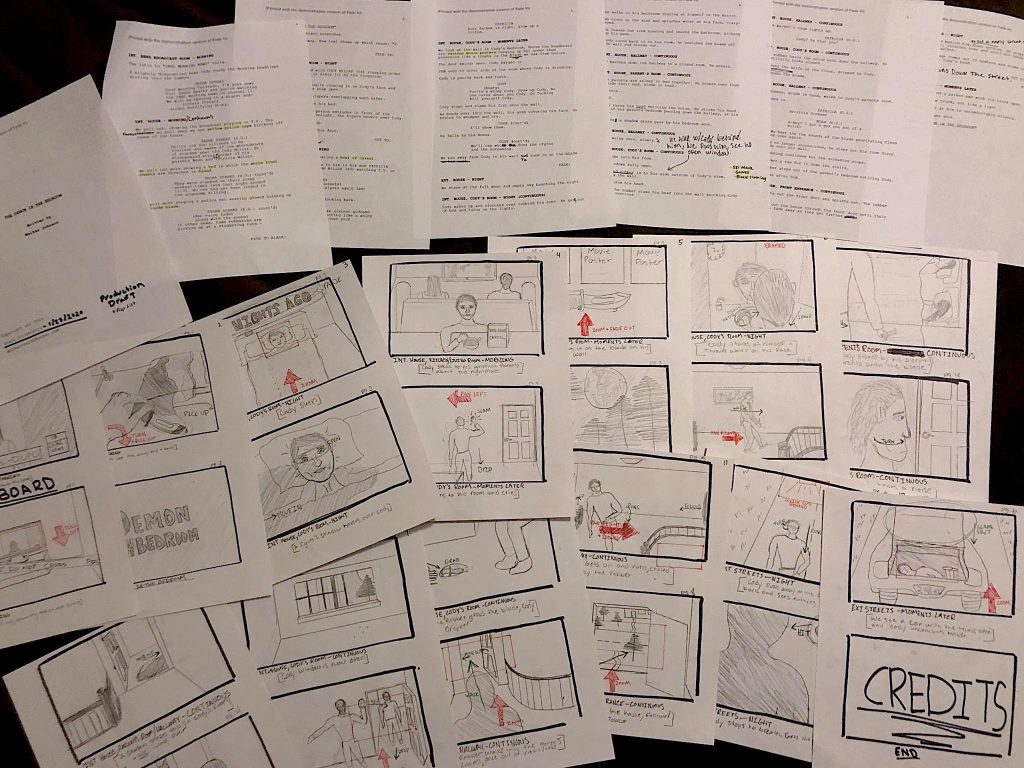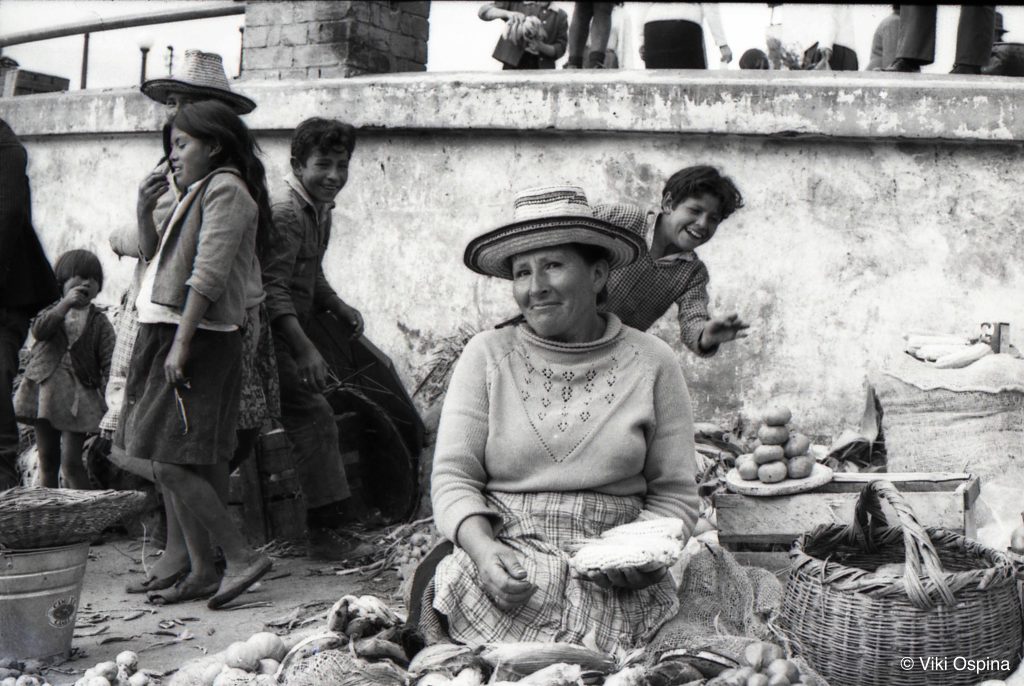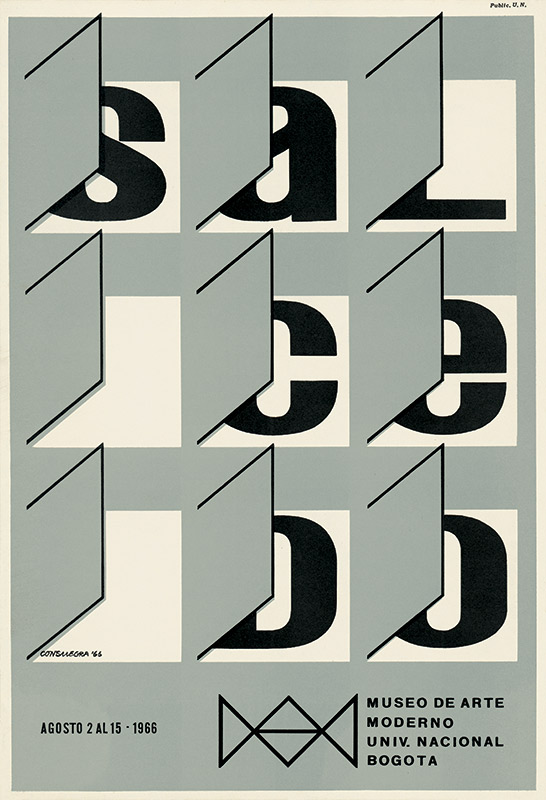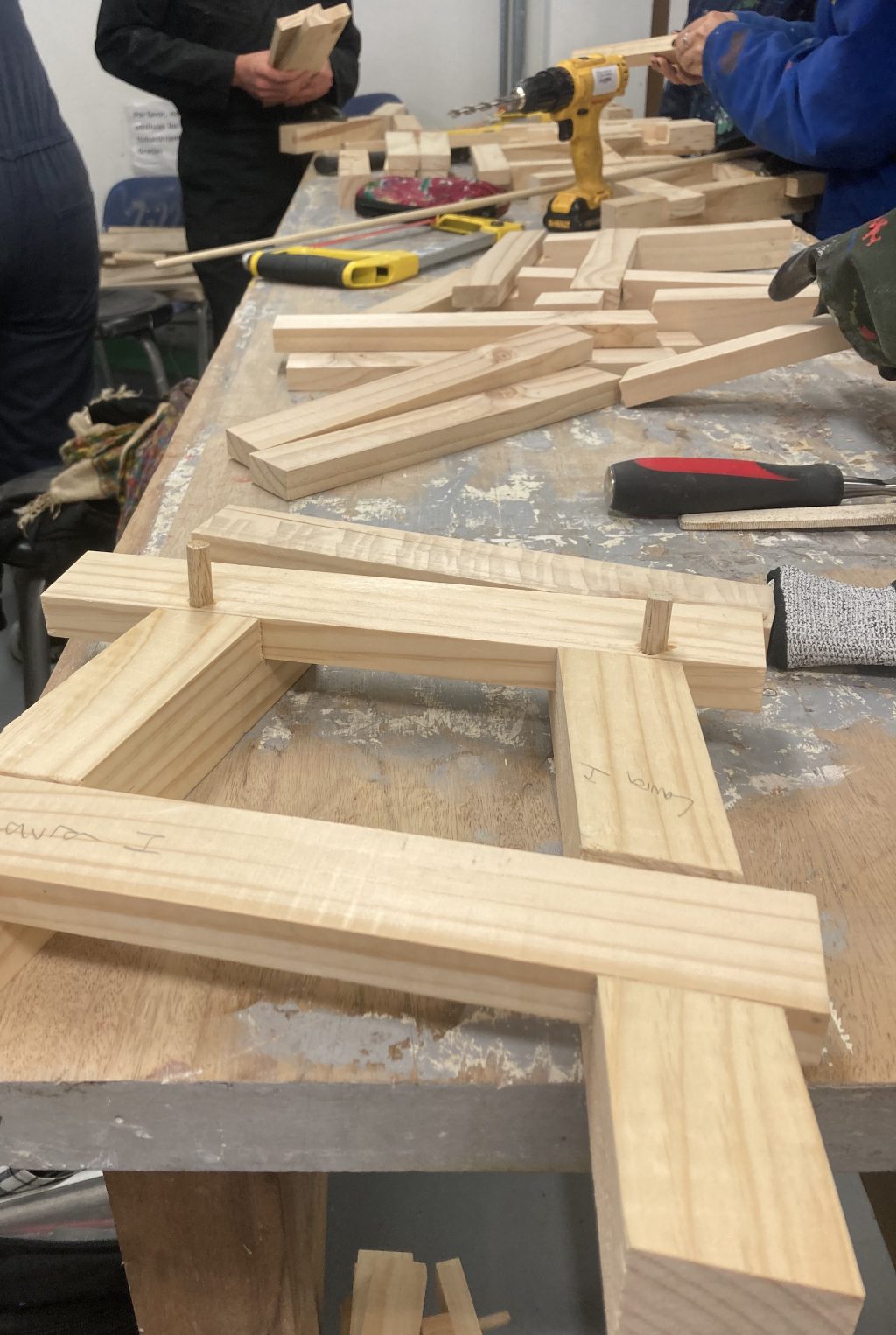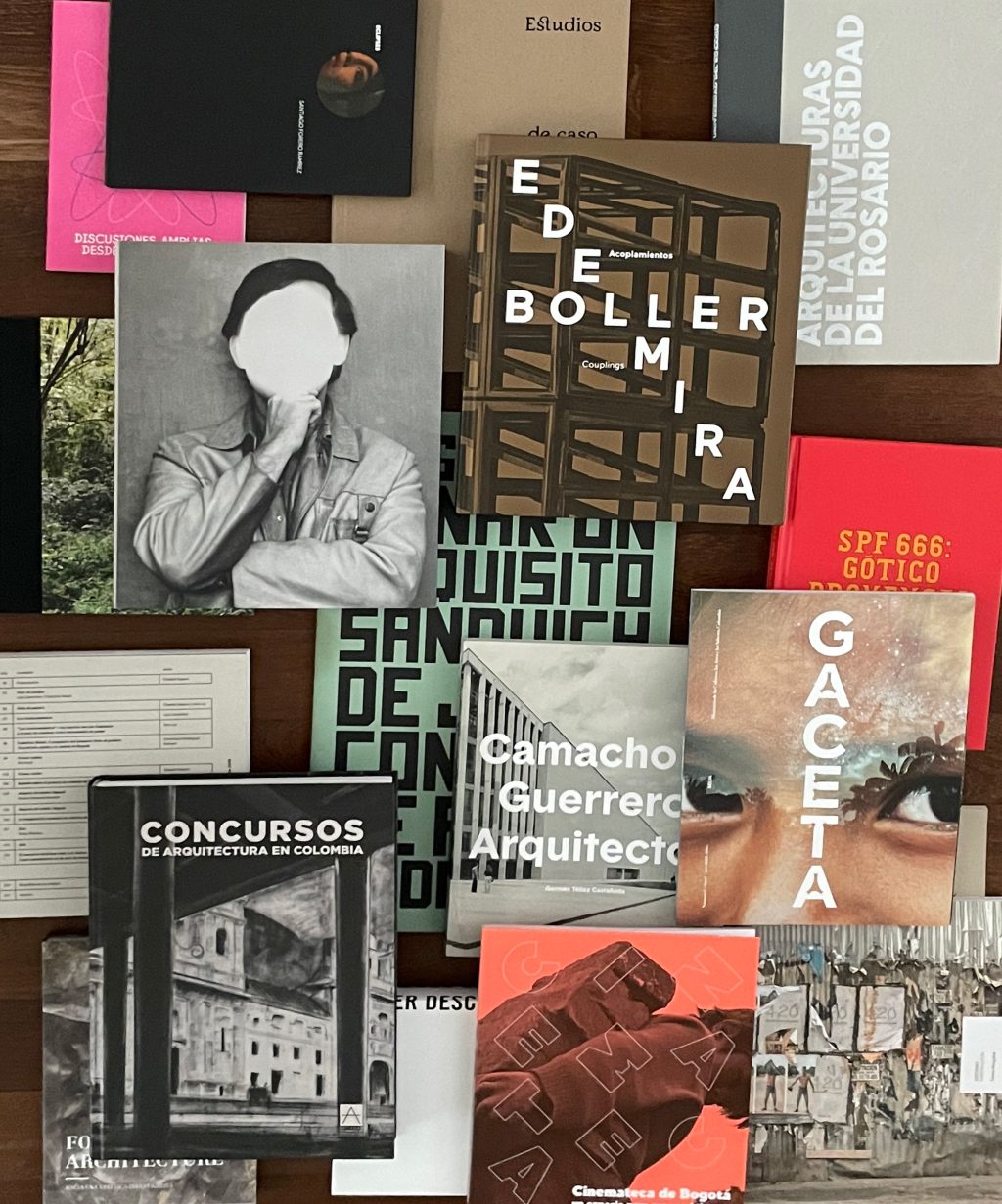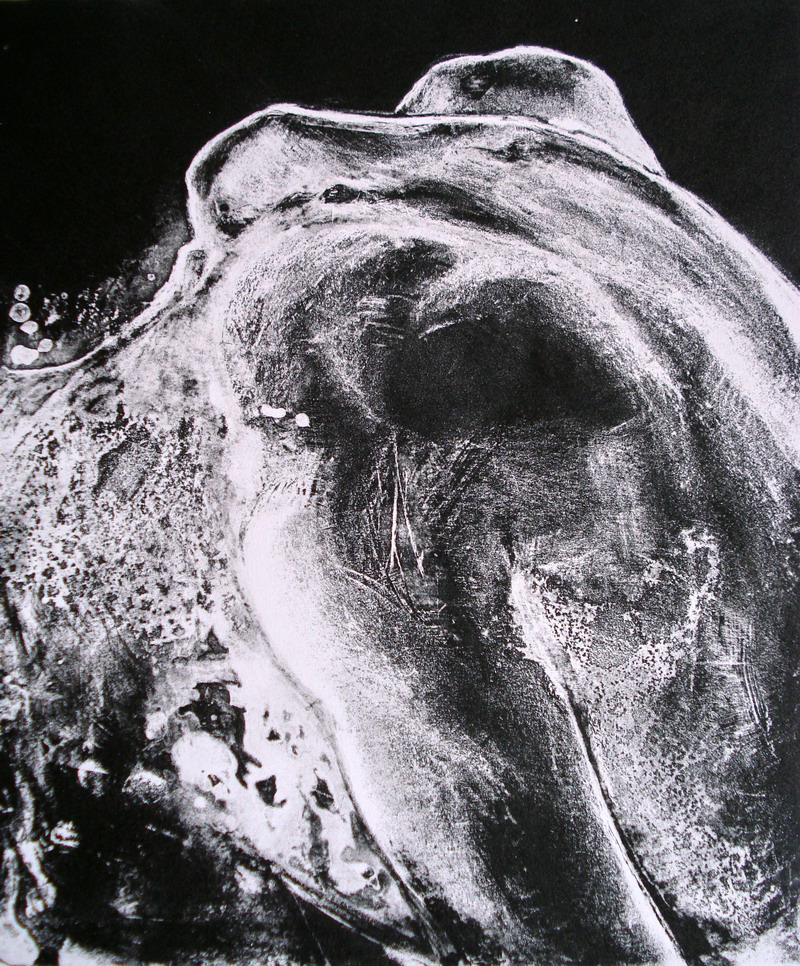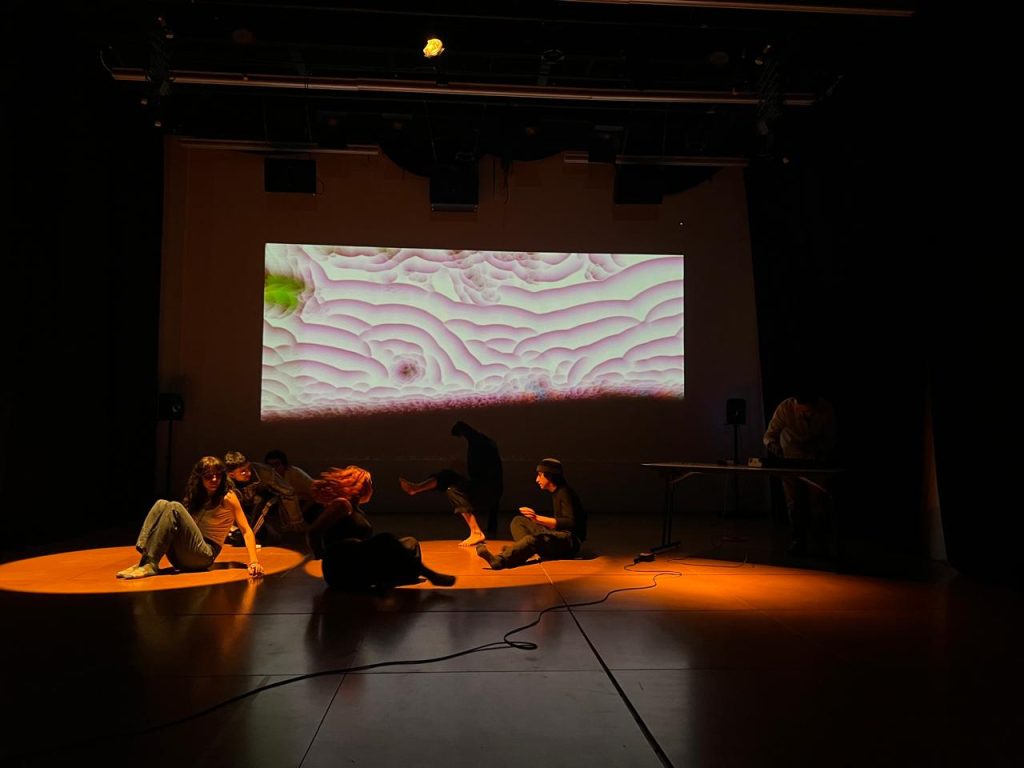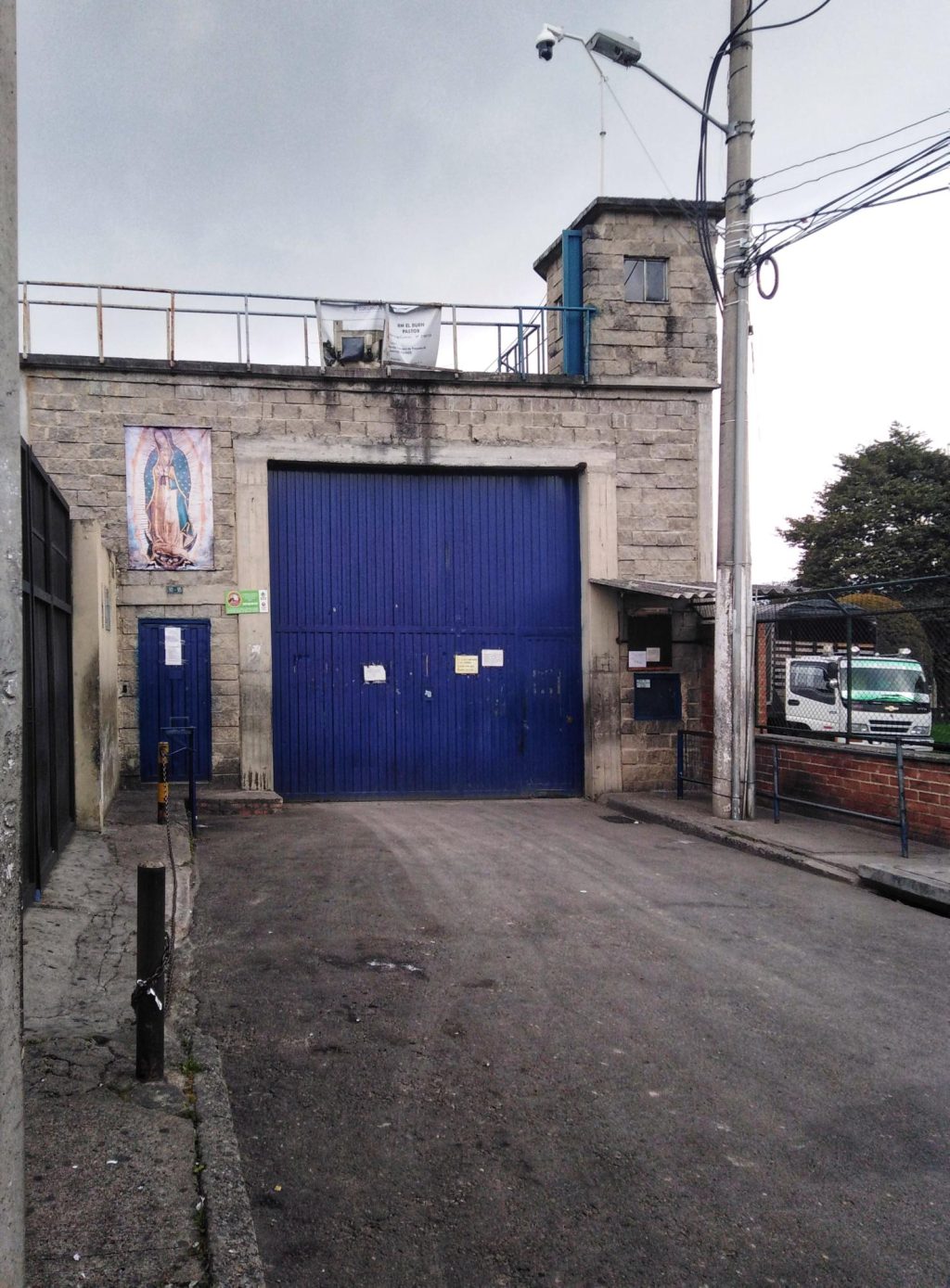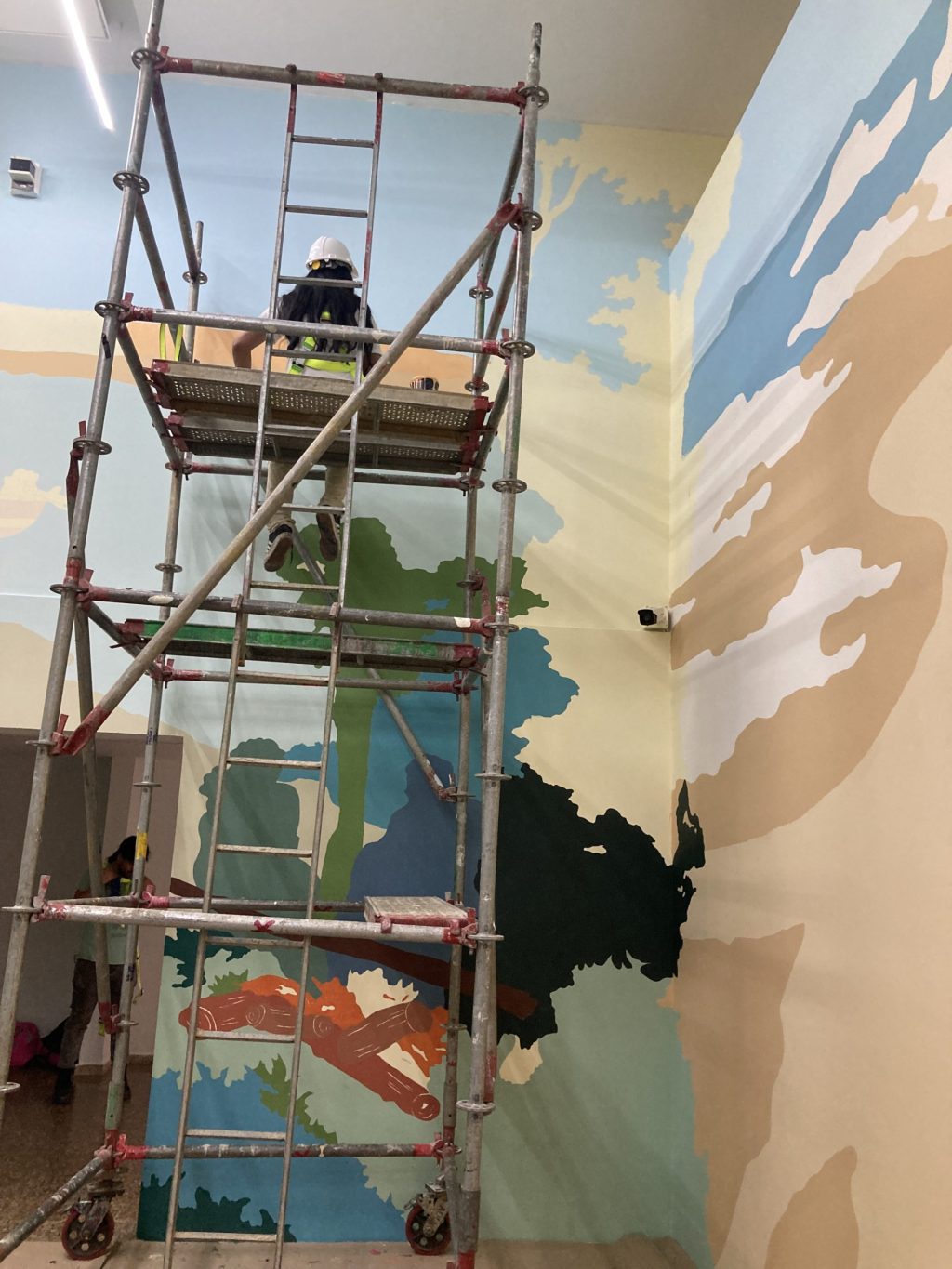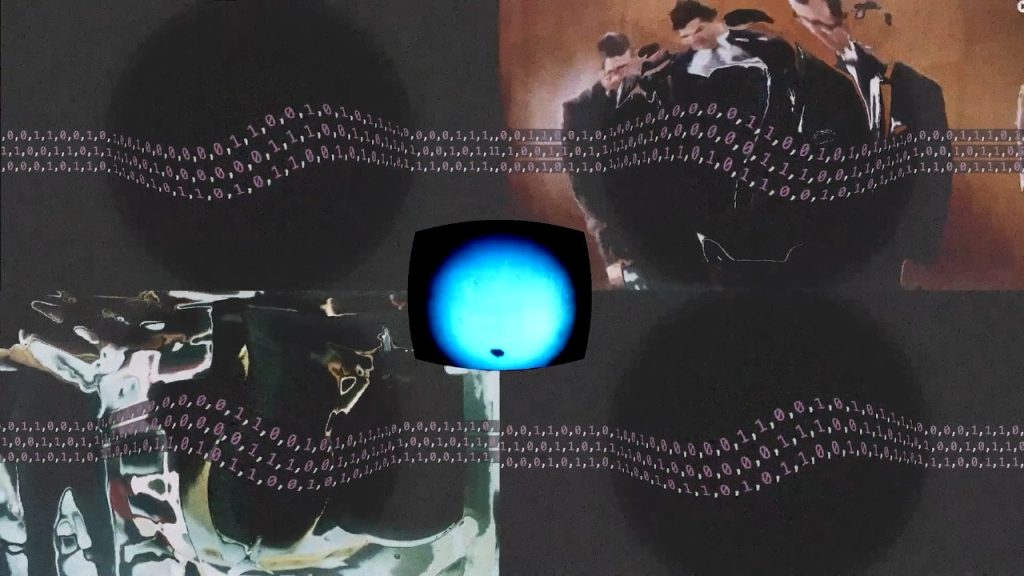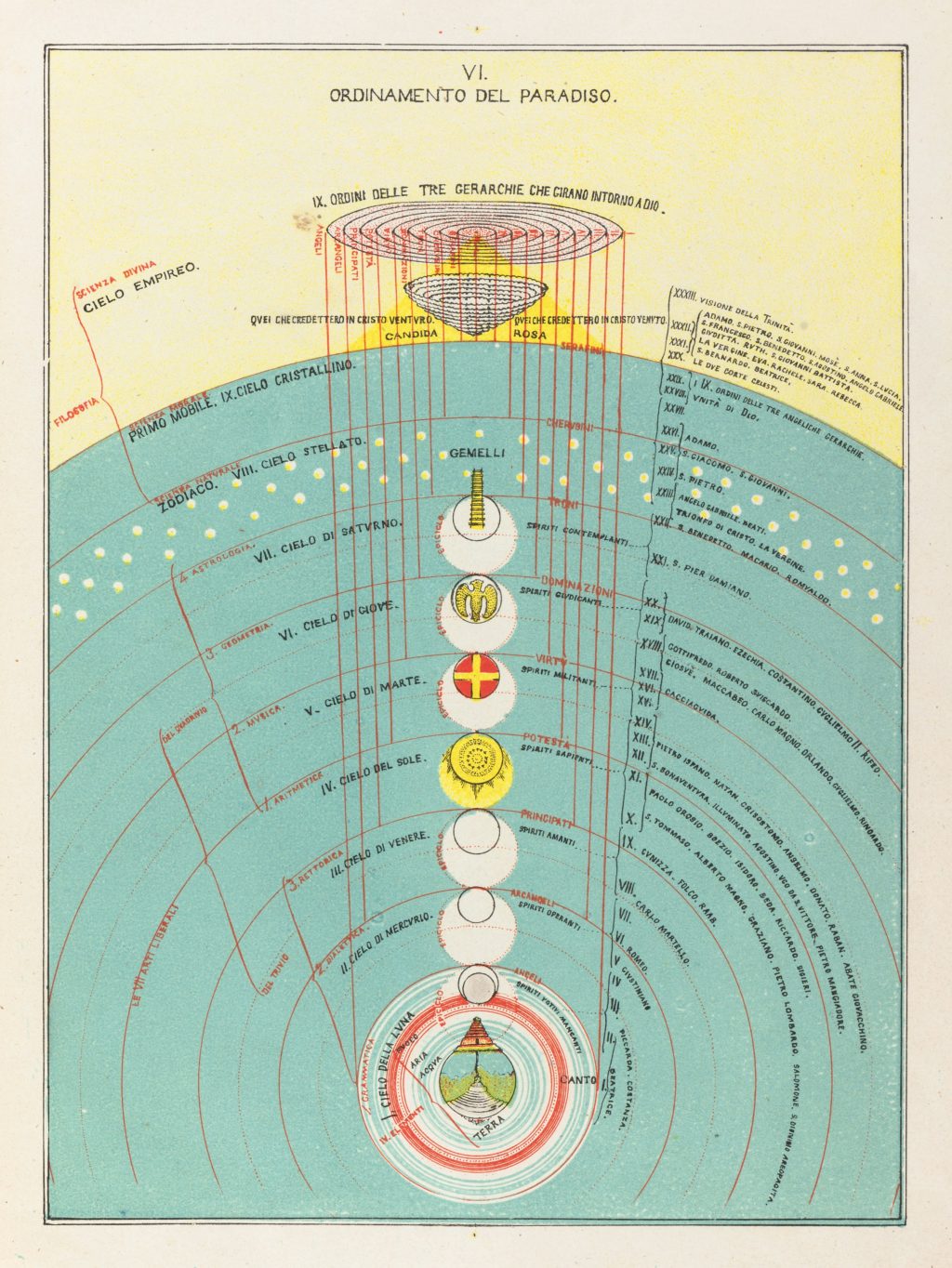- Todo
- Animación
- Arte electrónico
- Arte sonoro
- Creación audiovisual
- Dibujo e ilustración
- Educación y trabajo con comunidades
- Escena expandida
- Escrituras
- Escultura y Cerámica
- Fotografía
- Gráfica y publicaciones
- Herramientas
- Opción Artes plásticas
- Opción cerámica
- Opción cine, video y animación
- Opción en Arte
- Opción fotografía
- Opción gráfica
- Opción MEAT
- Opción proyectos culturales
- Patrimonio cultural
- Pintura
- Prácticas
- Proyecto de grado
- Proyectos culturales y Curaduría
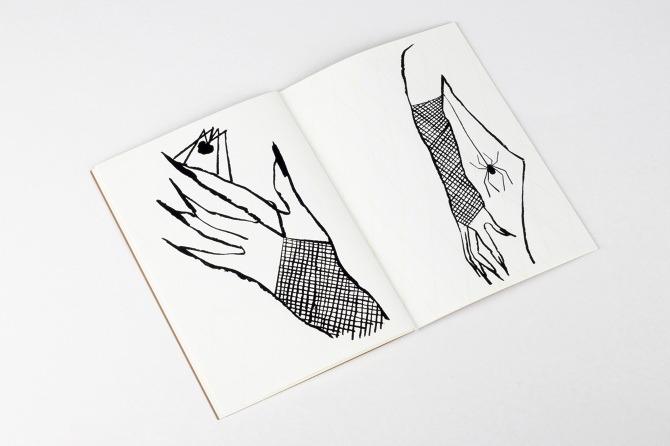
Línea: Dibujo e ilustración
Profesora: Barbarita Cardozo
En el taller de Dibujo y Objeto, el estudiante podrá reflexionar desde la idea de la acción como concepto operativo, el concepto de ergonomía y la coordinación ojo-mano, hasta la percepción sensorial que caracterizan la relación objeto, espectador y espacio.
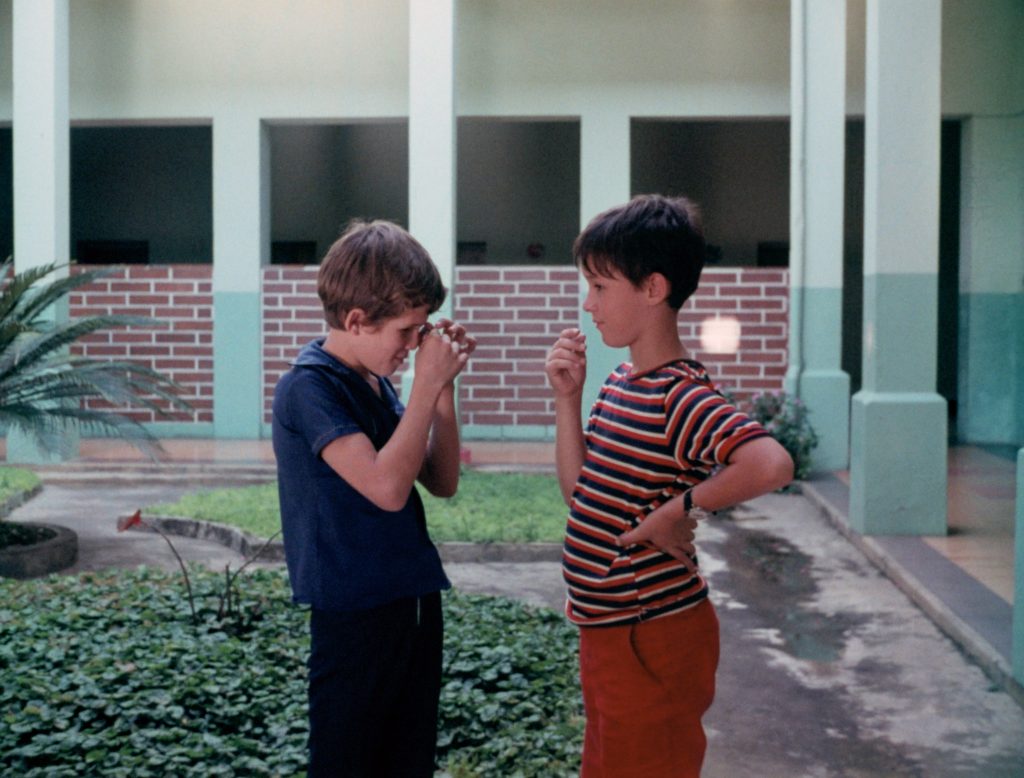
Línea: Creación audiovisual Opción: Cine, video y animación
Profesor: Pedro Zuluaga
Es un curso dedicado a generar conocimiento y pensamiento crítico sobre la historia y la estética del cine colombiano, entendido este último como una tradición que en sus recorridos, continuidades, rupturas y desvíos ha configurado un relato sobre el país.
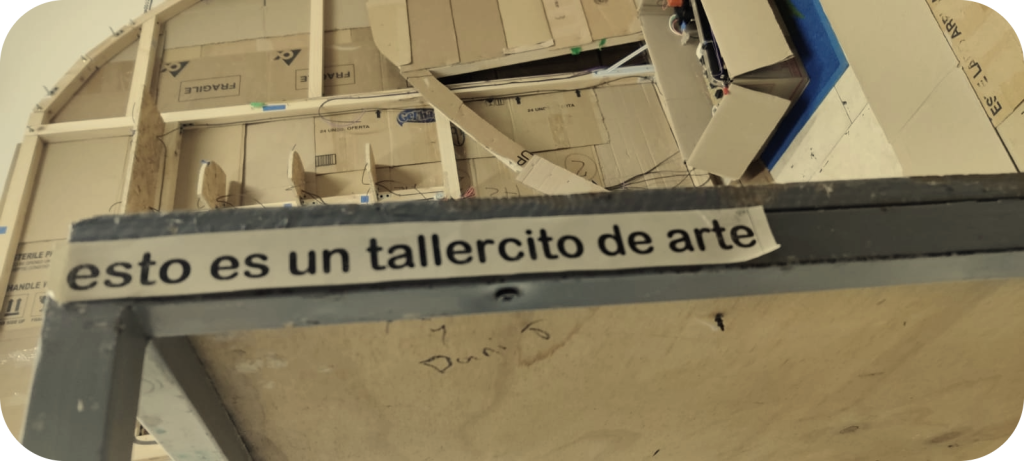
Taller de integración
Profesores: Ricardo Arias, Santiago Forero, Carolina Franco, Fredy Buitrago, Andres Foglia y Carmen Elvira de Brigard
El Taller Interáreas es un espacio de encuentro que promueve el desarrollo autónomo de proyectos artísticos mediante metodologías activas, reflexivas y colaborativas, orientadas a la creación contemporánea en sus diversas formas.
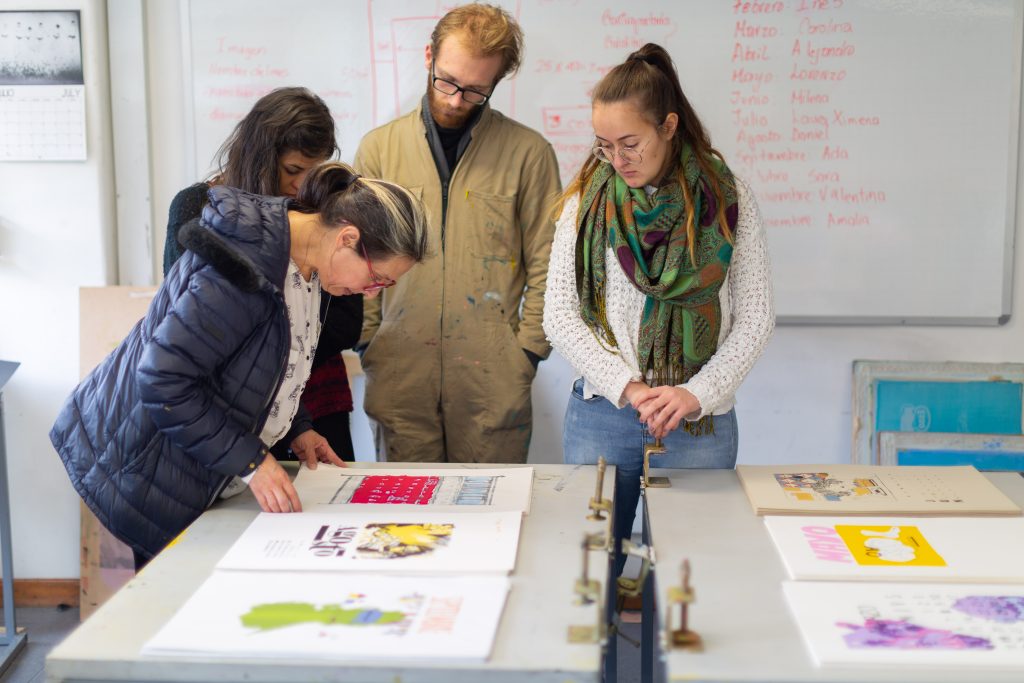
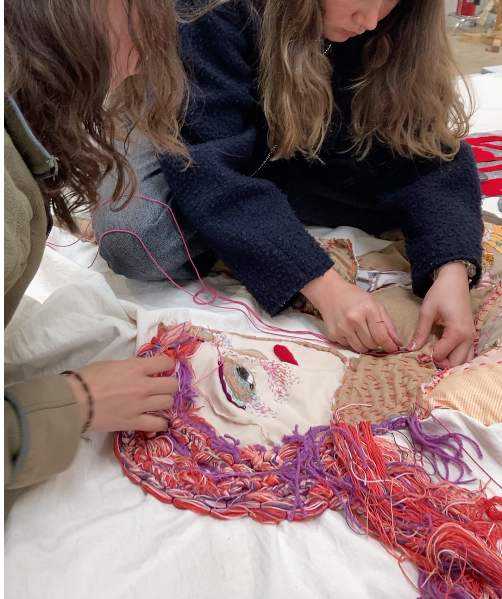
Líneas: Patrimonio y Educación y trabajo con comunidades
Profesora: María Margarita Jiménez
Esta es una propuesta a resistirse a la cultura del desecho, al consumo pasivo, a la cultura masiva, a reclamar nuestro tiempo para usar las manos en otra cosa que no sea la pantalla de un móvil, a bordar, tejer, remendar, coser, a conectarnos con la intuición más que con los discursos.
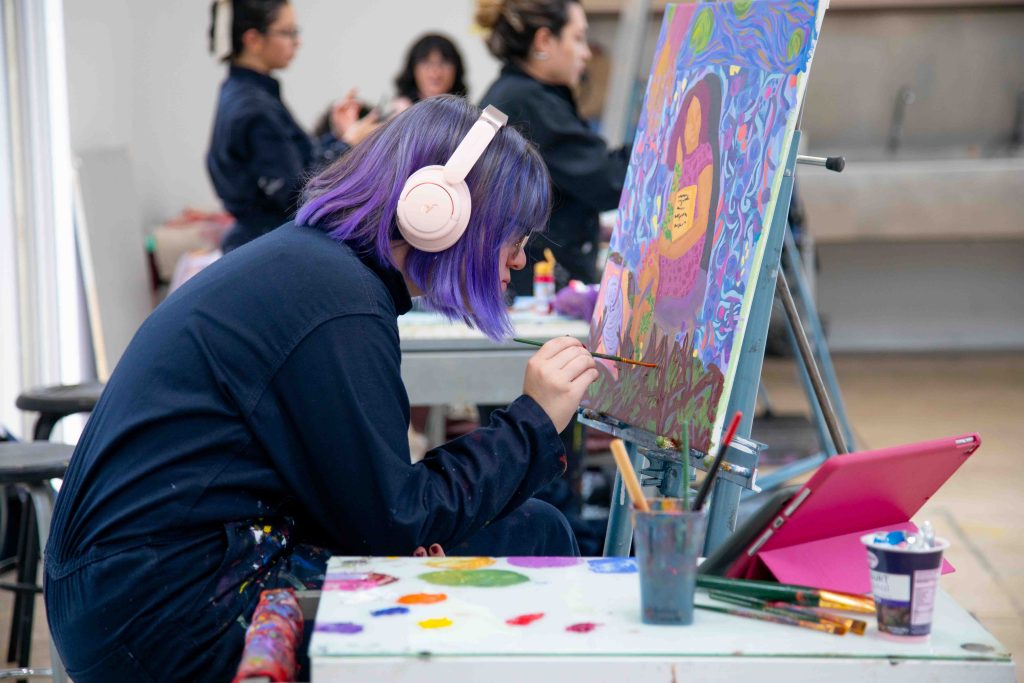
Línea: Pintura
Profesor: Luis Luna Matiz
Este taller se enfoca en el desarrollo de estrategias personales dentro del proceso creativo de cada estudiante, considerando la elección de materiales, soportes y medios como decisiones fundamentales, junto con la articulación de temáticas que dialoguen con la técnica.
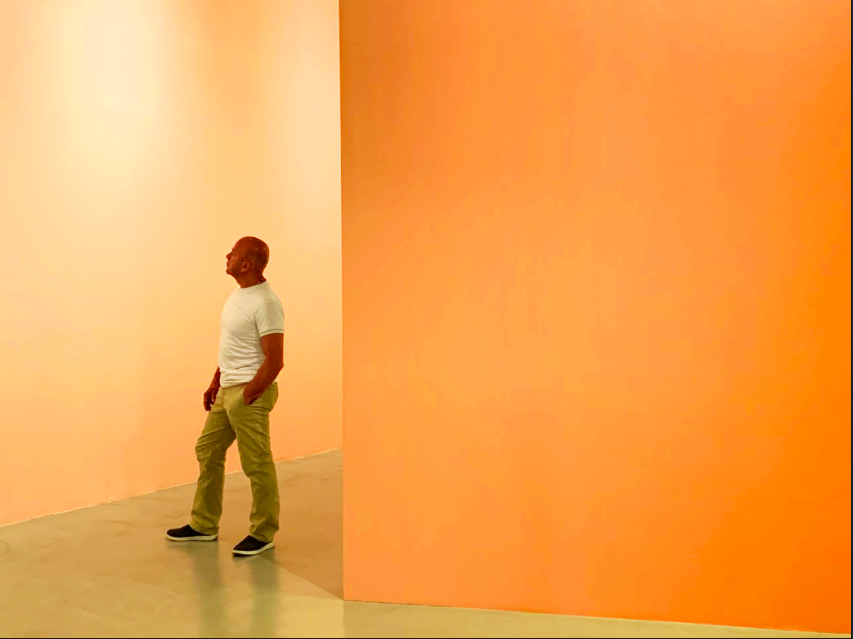
Línea: Dibujo e ilustración
Profesor: Nicolás Cárdenas
Este curso parte de la idea de que todo dibujo es, en esencia, abstracto, y se enfoca en el análisis del espacio tridimensional y del espacio imaginado como medios para generar imágenes que permitan comprender tanto el entorno habitado como el mundo interior.

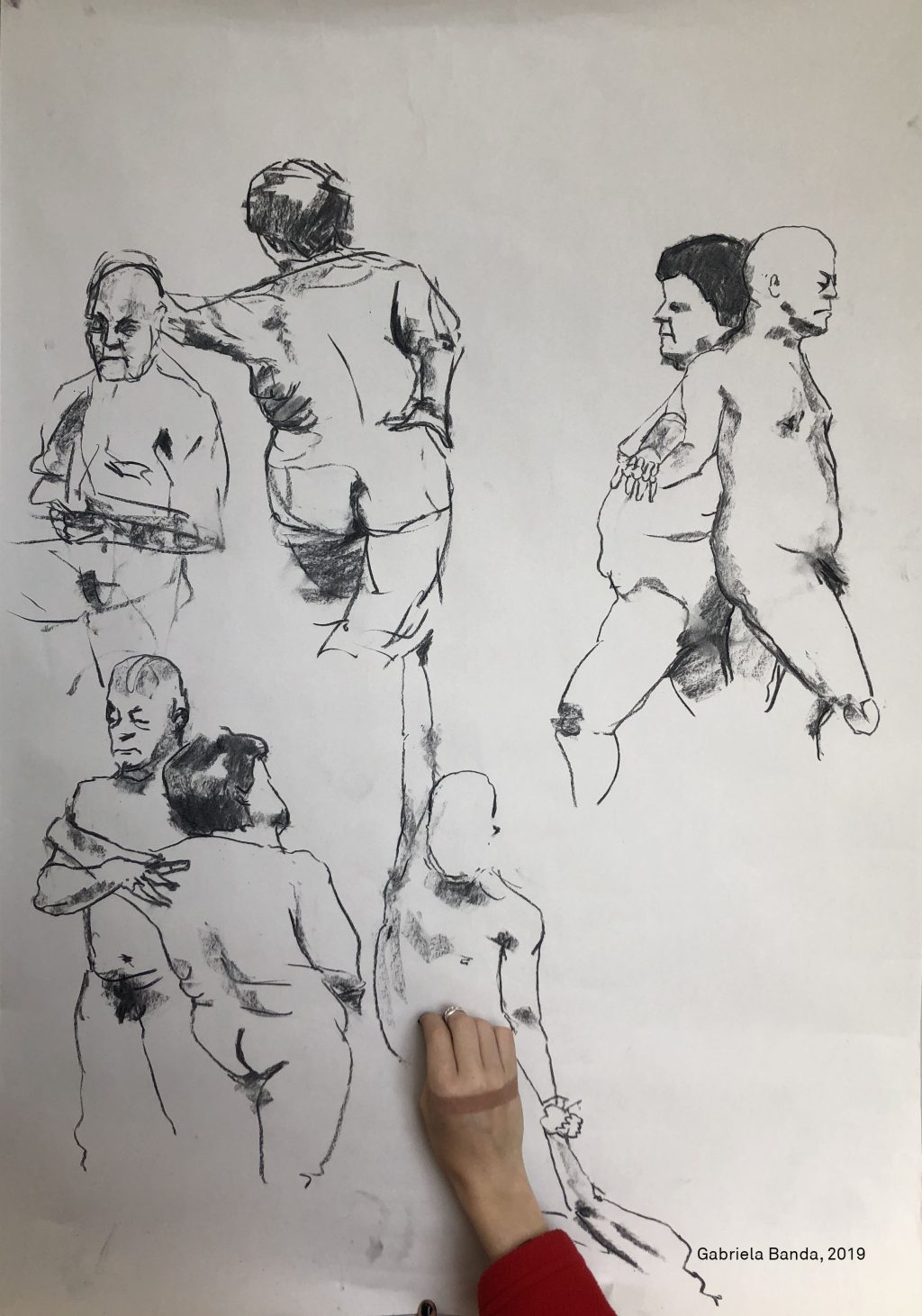
Línea: Dibujo e ilustración
Profesora: Cristina Figueroa
Se basa en la exploración y la experimentación desde distintas relaciones entre dibujo y cuerpo. Se parte de la premisa de que el dibujo surge desde el cuerpo, que está situado espacio-temporalmente de manera específica, y se configura como una extensión de éste.
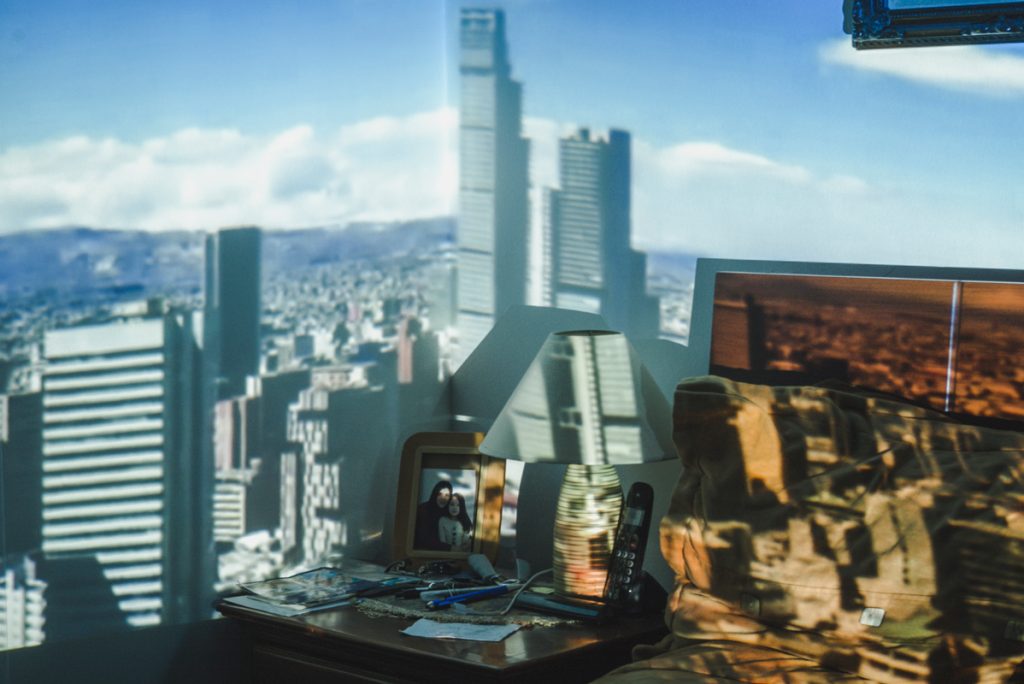
Herramientas
Profesores: Beatriz Grau, Alejandro Sánchez, Bianca Salvo, Juan Alonso Rico, Viki Ospina y Pablo Adarme.
Este curso ofrece un panorama general del desarrollo histórico y técnico de la fotografía, desde la cámara oscura empleada por científicos y artistas hasta las tecnologías análogas y digitales contemporáneas.

Líneas: Arte electrónico y Escultura y cerámica
Profesor: Edgar Guzmanruiz
Este taller técnico permite aprender de forma práctica las generalidades de los sistemas CNC (Mecanismos de control numérico por computador) y los procesos específicos para impresión 3D, corte láser y fresado CNC.
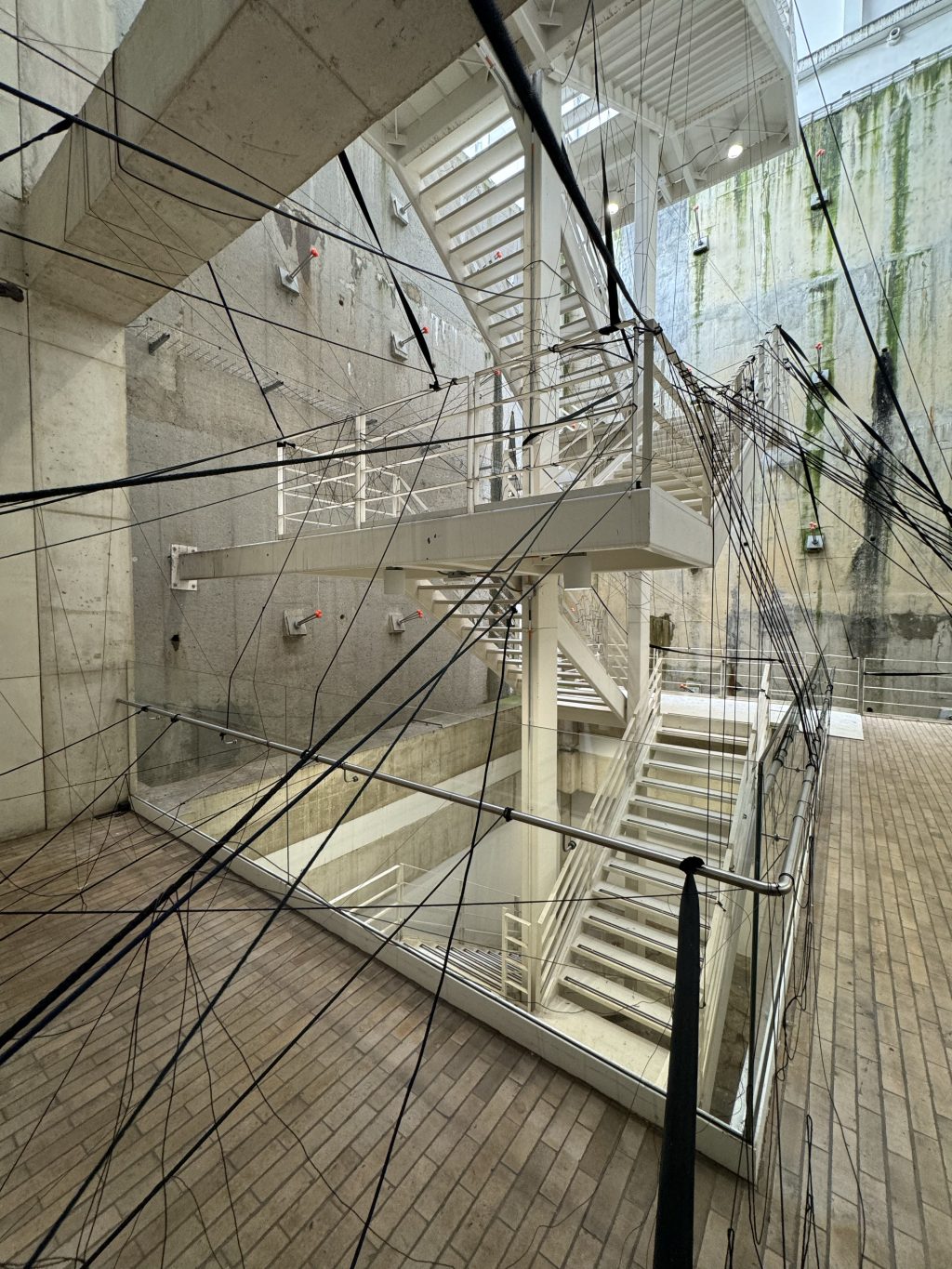
Línea: Escultura y cerámica
Profesores: Edgar Guzmanruiz y Karen Aune.
Intervenciones de Sitio Específico es un curso transdisciplinario que fusiona Arte y Diseño para impulsar la creación colectiva de obras a gran escala en espacios determinados, integrando trabajo en taller y soporte teórico.
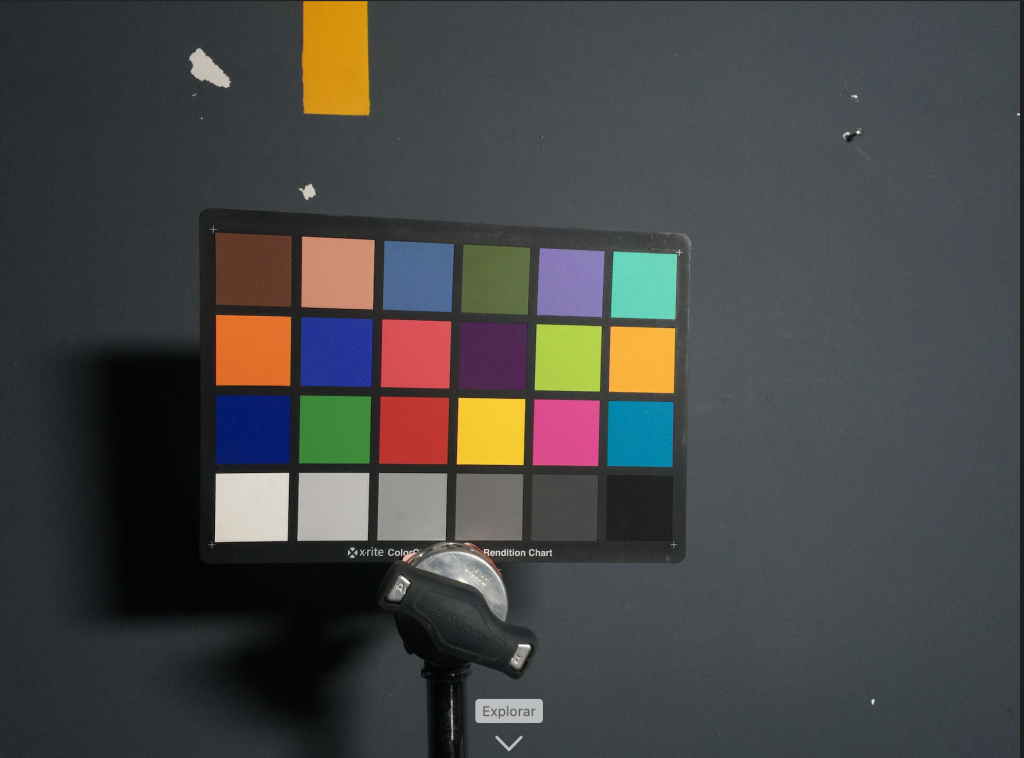
Línea: Escena expandida
Profesora: Sandra Rengifo
La dirección de arte tiene la misión de crear una unidad visual en un proyecto y apunta a la articulación de la parte conceptual con la forma a partir de la definición de un estilo que integra elementos visuales, escénicos, objetuales, ambientación, utilería, maquillaje, vestuario, etc.
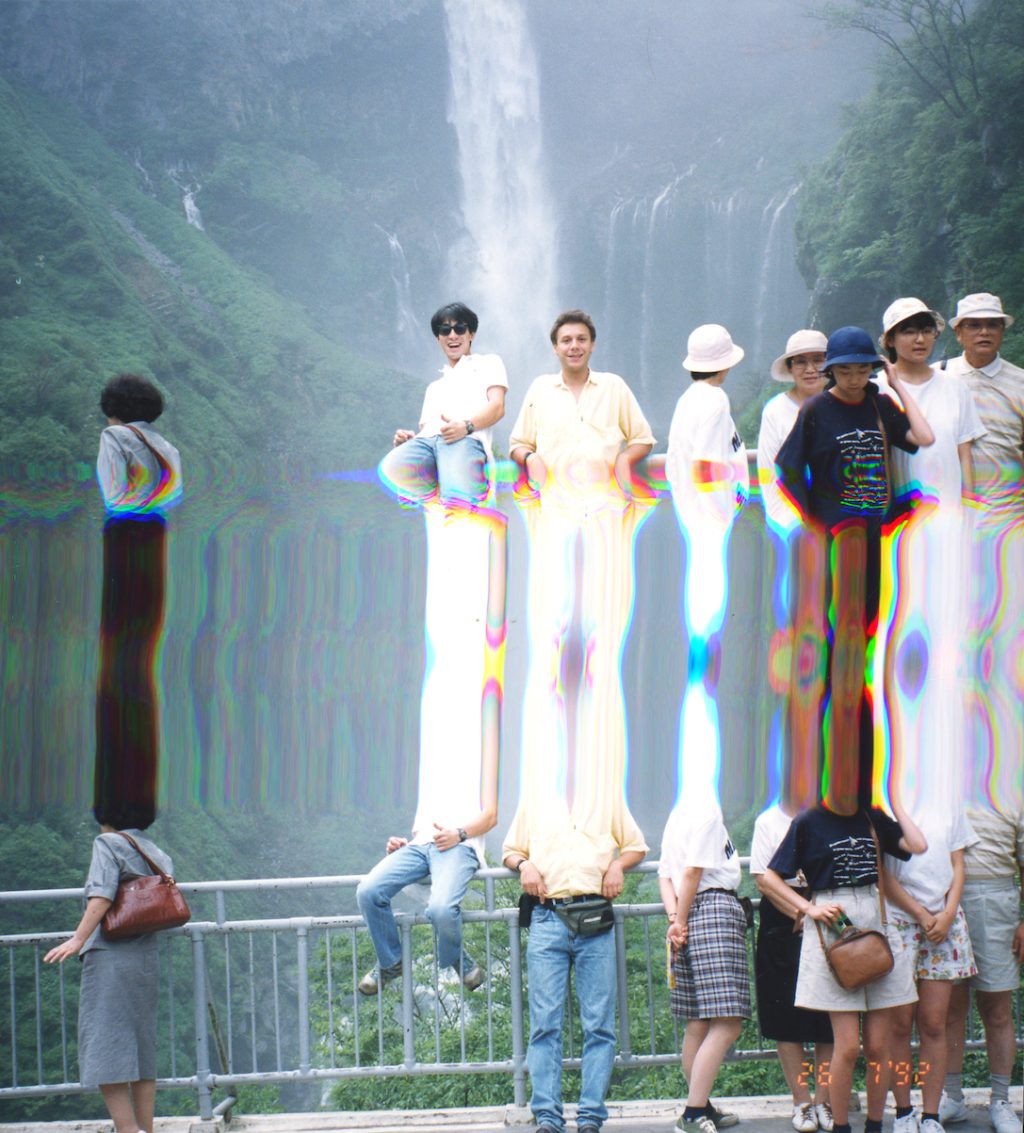
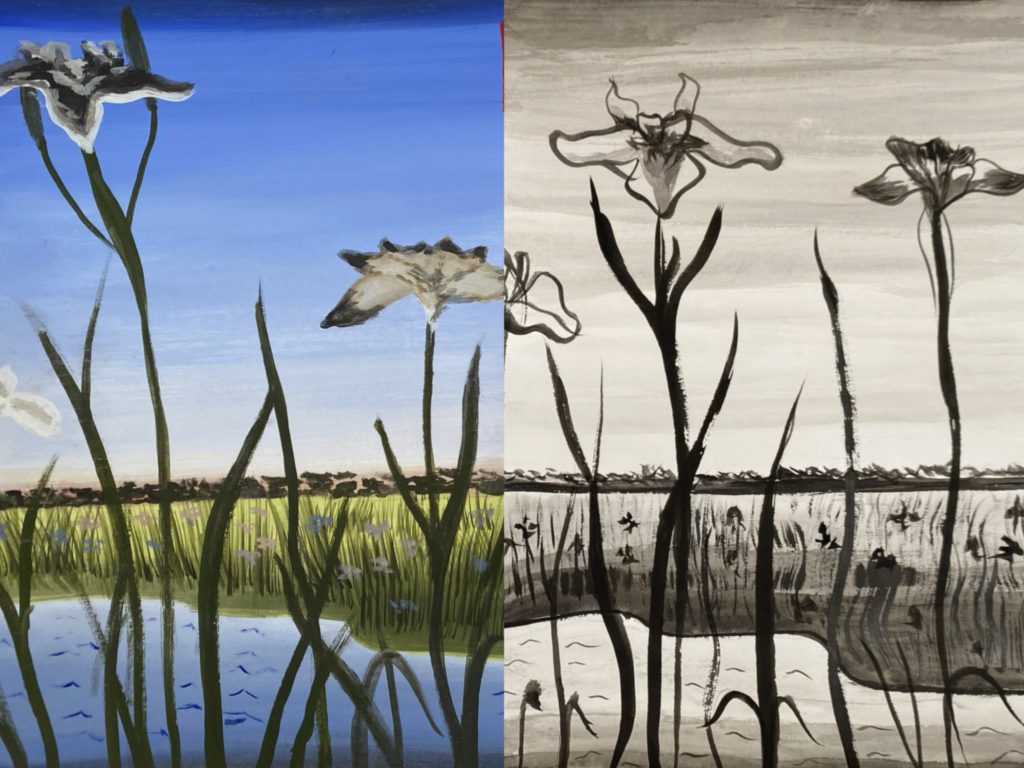
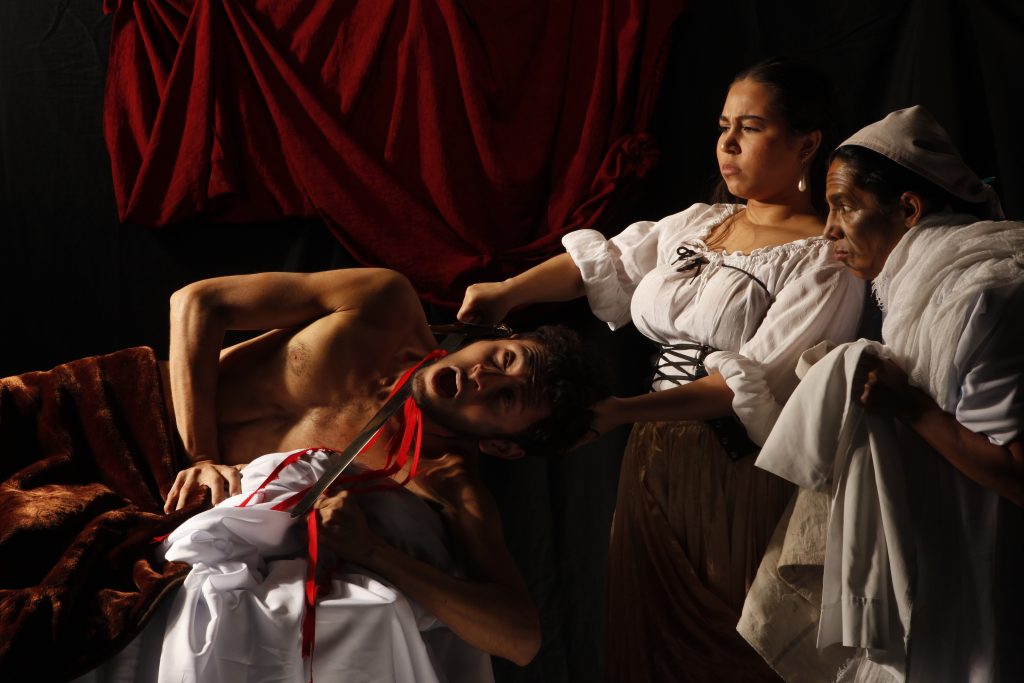

Línea: Arte electrónico
Profesor: David Peña.
Este es un taller intermedio de electrónica digital que combina recursos de electrónica y de programación para desarrollar piezas artísticas que aprovechen sensores y actuadores con conductas programadas en microcontroladores con lenguaje Python.
